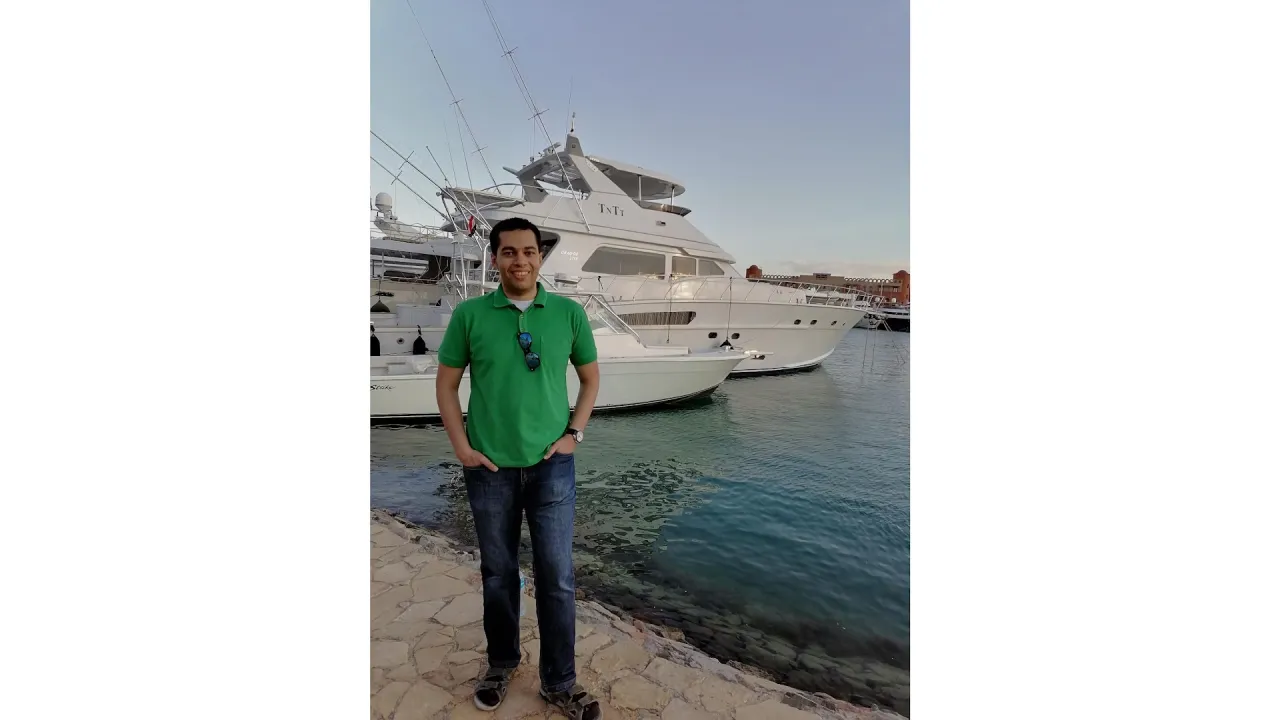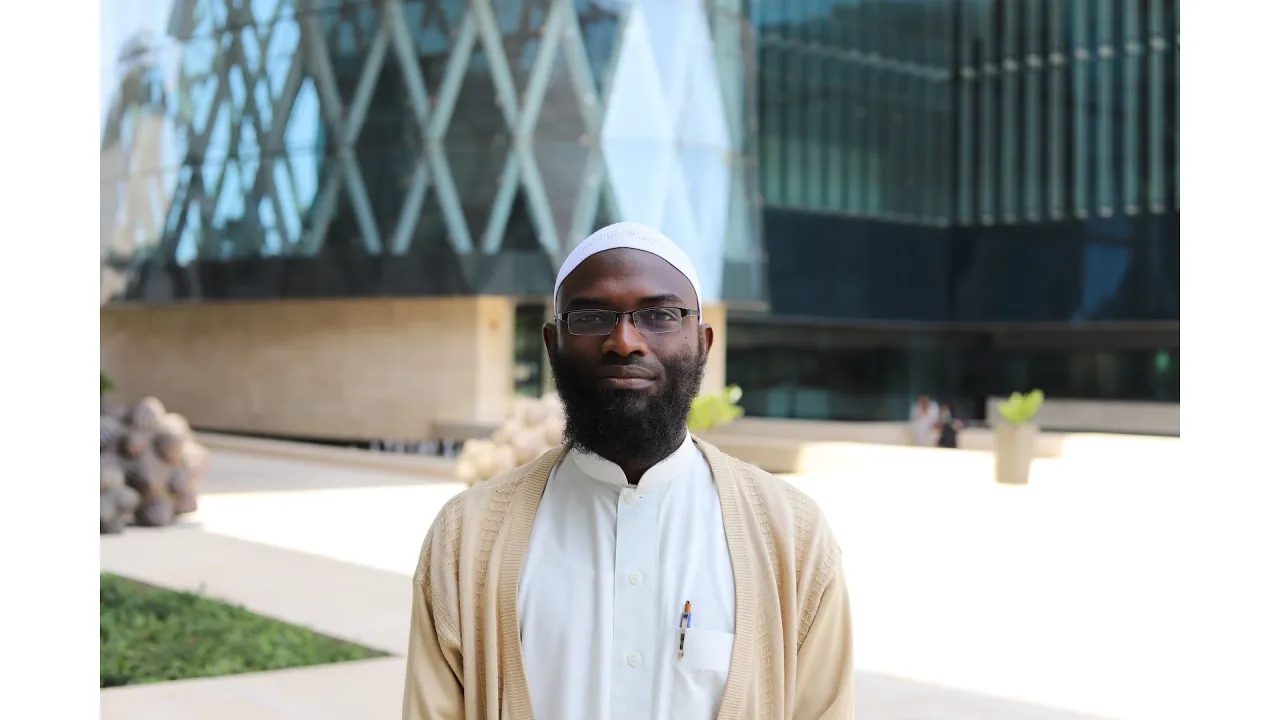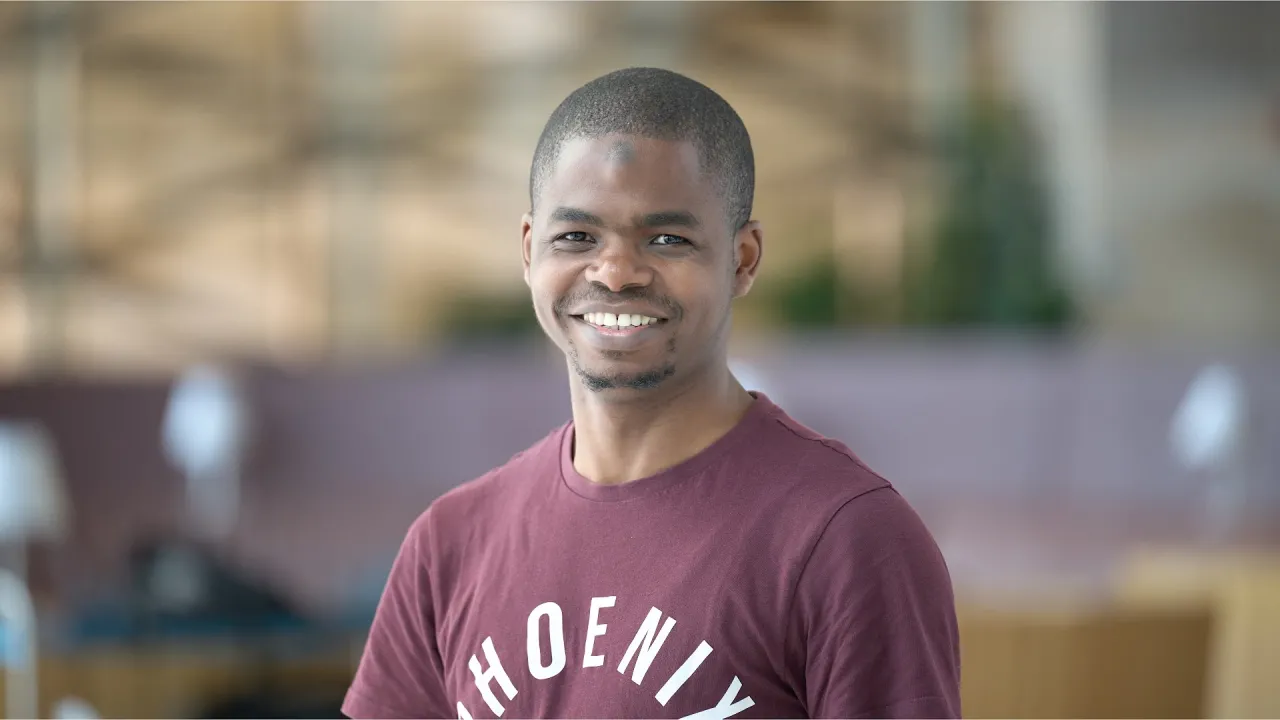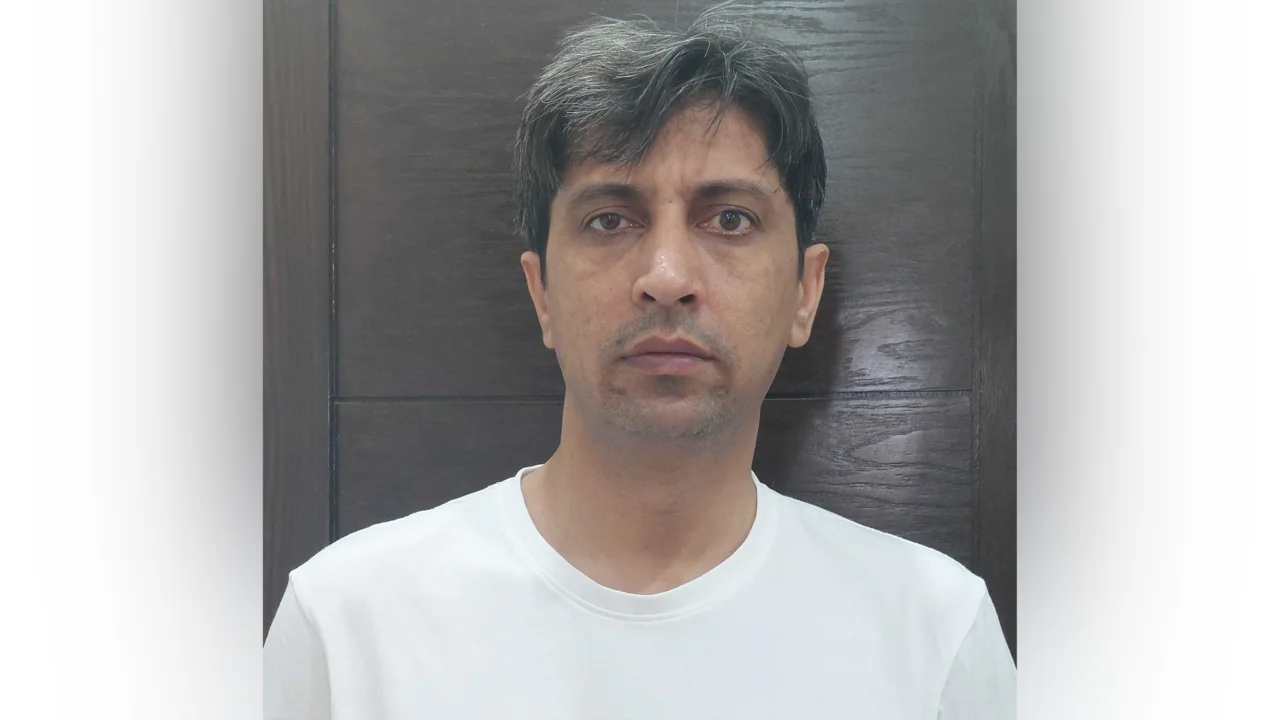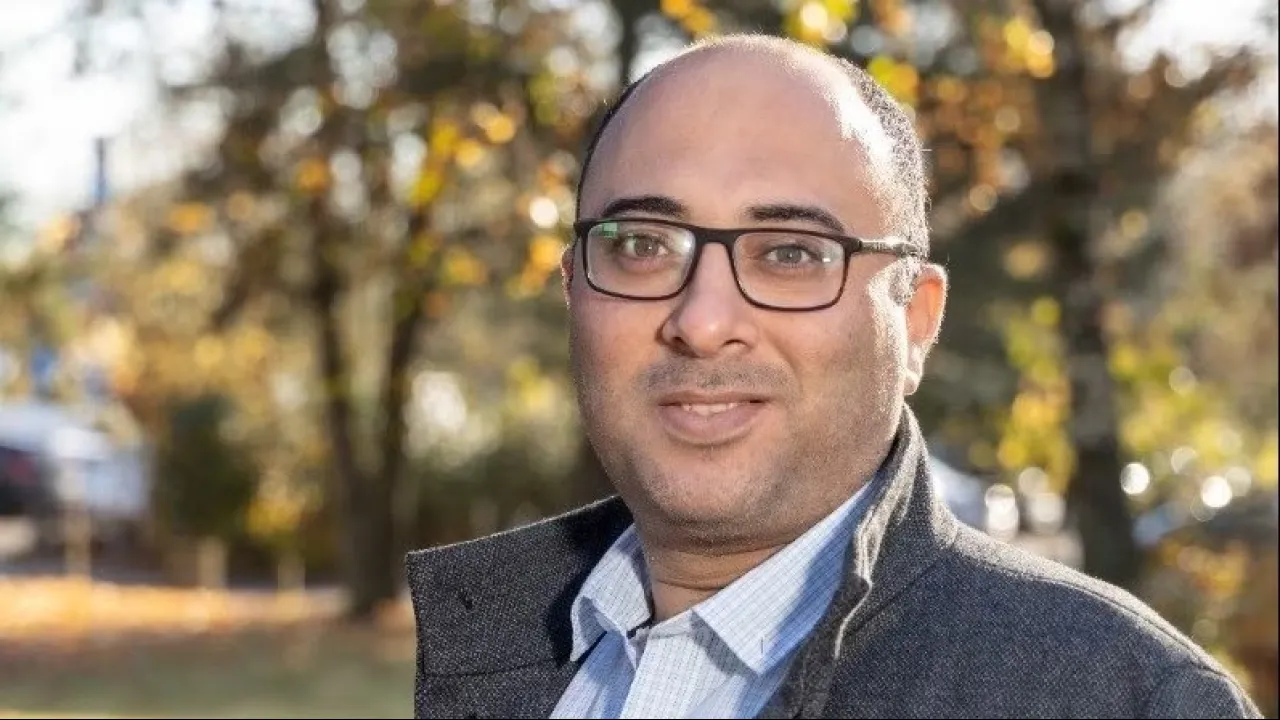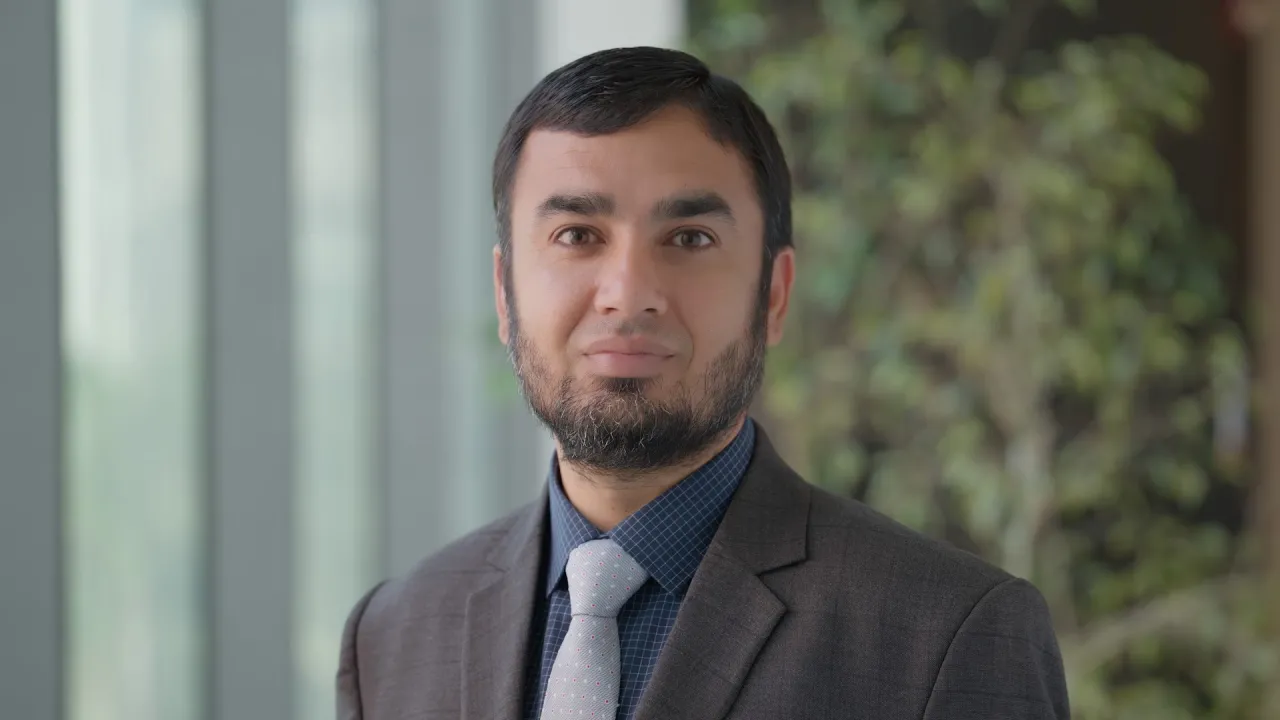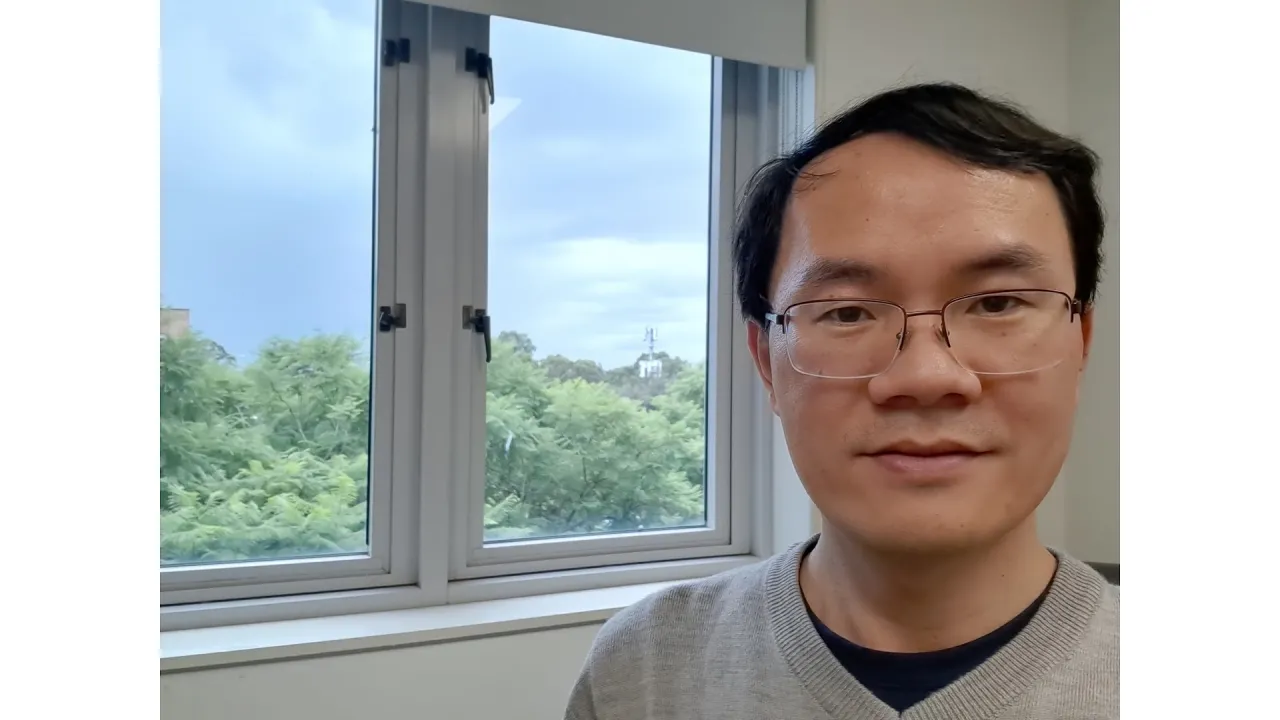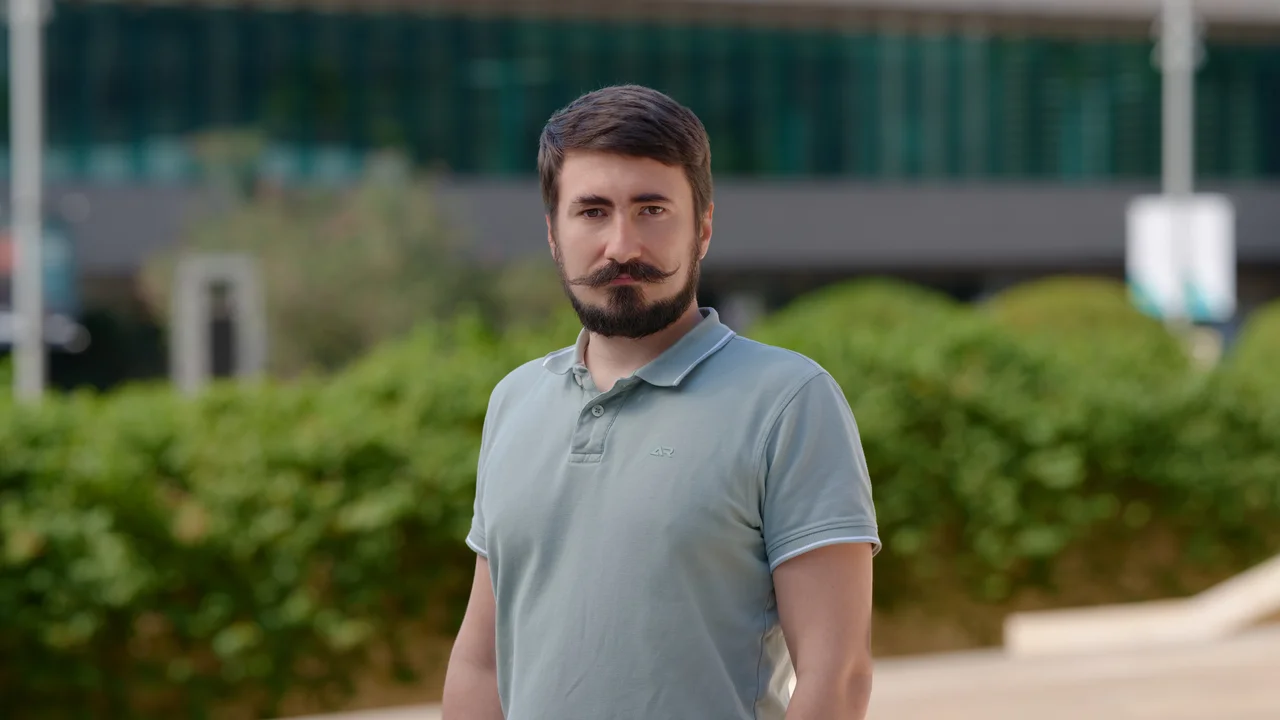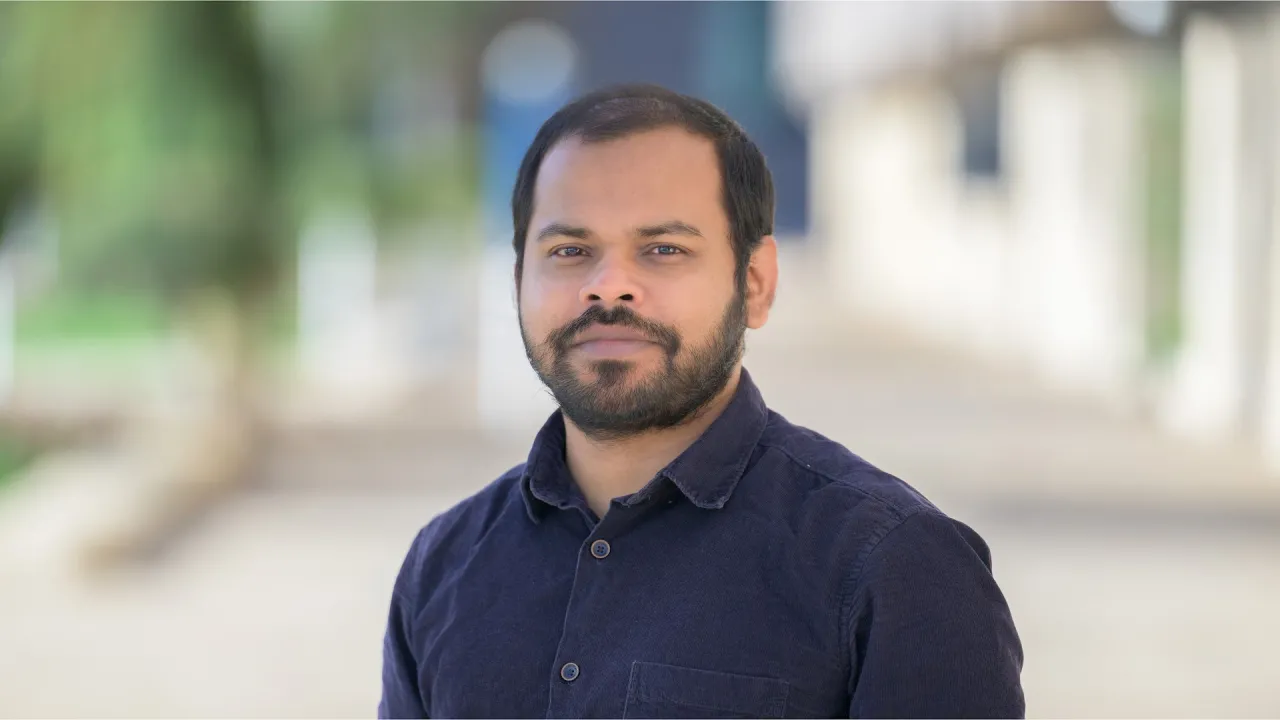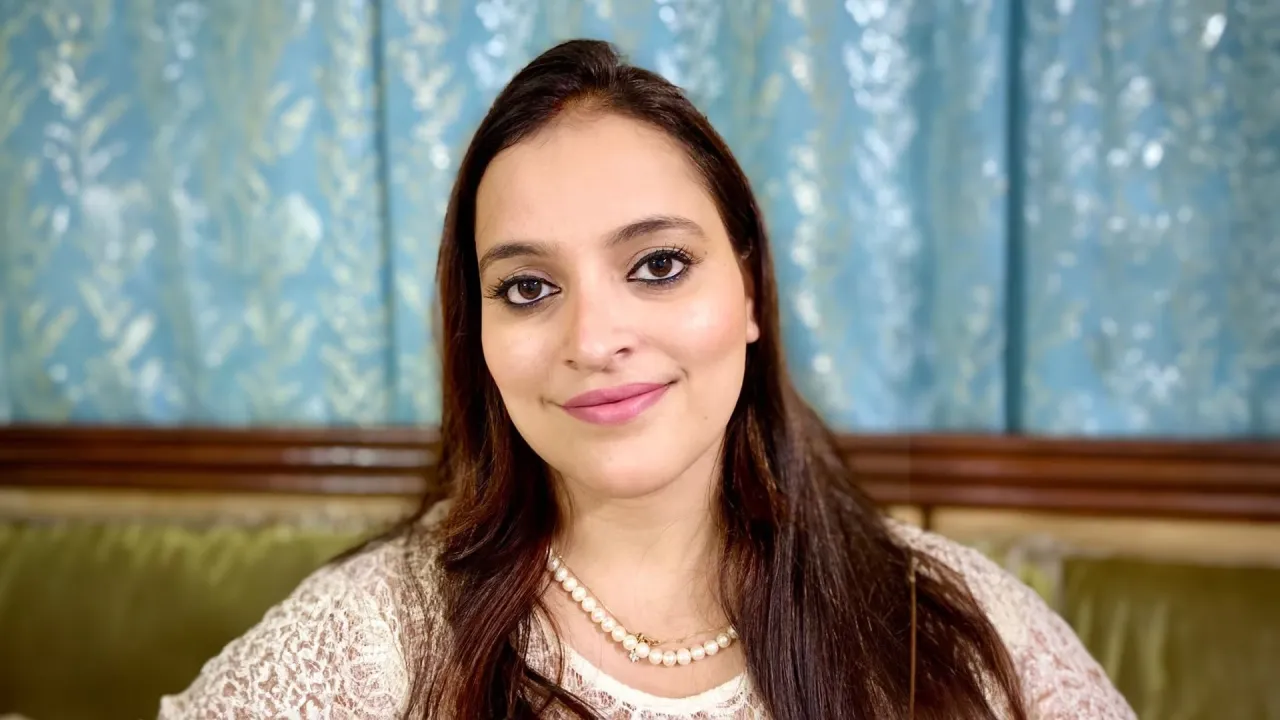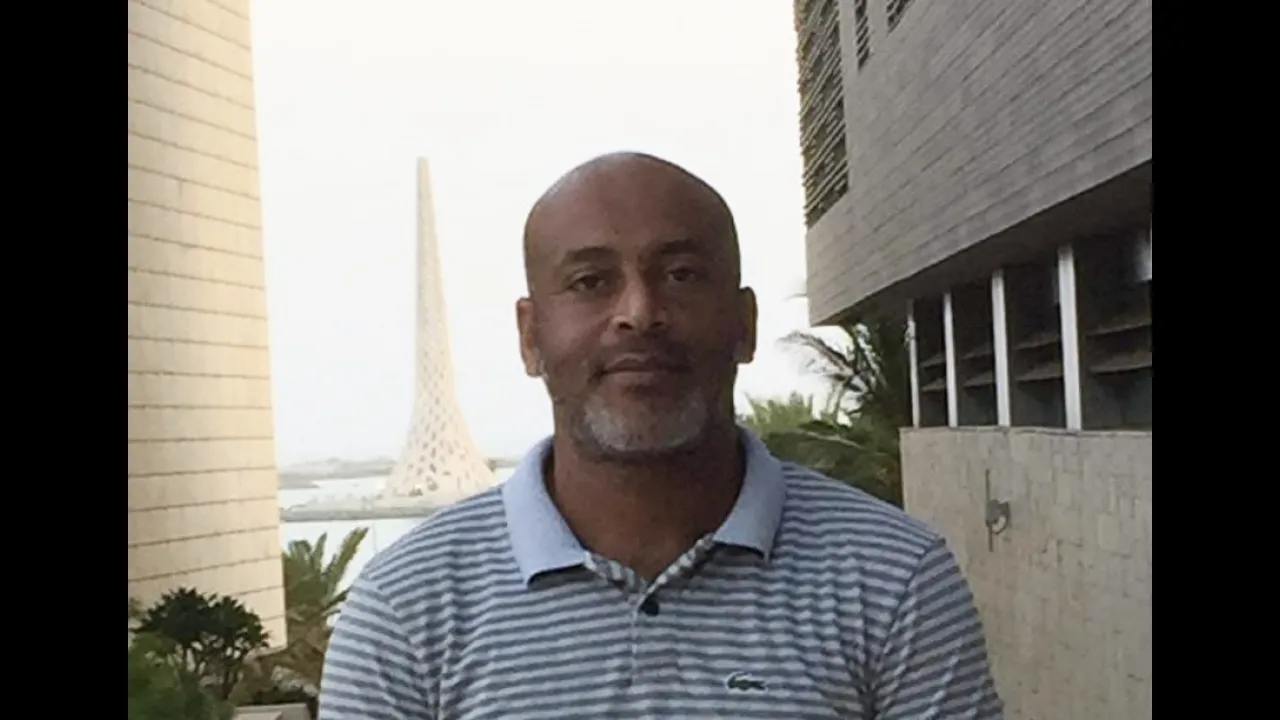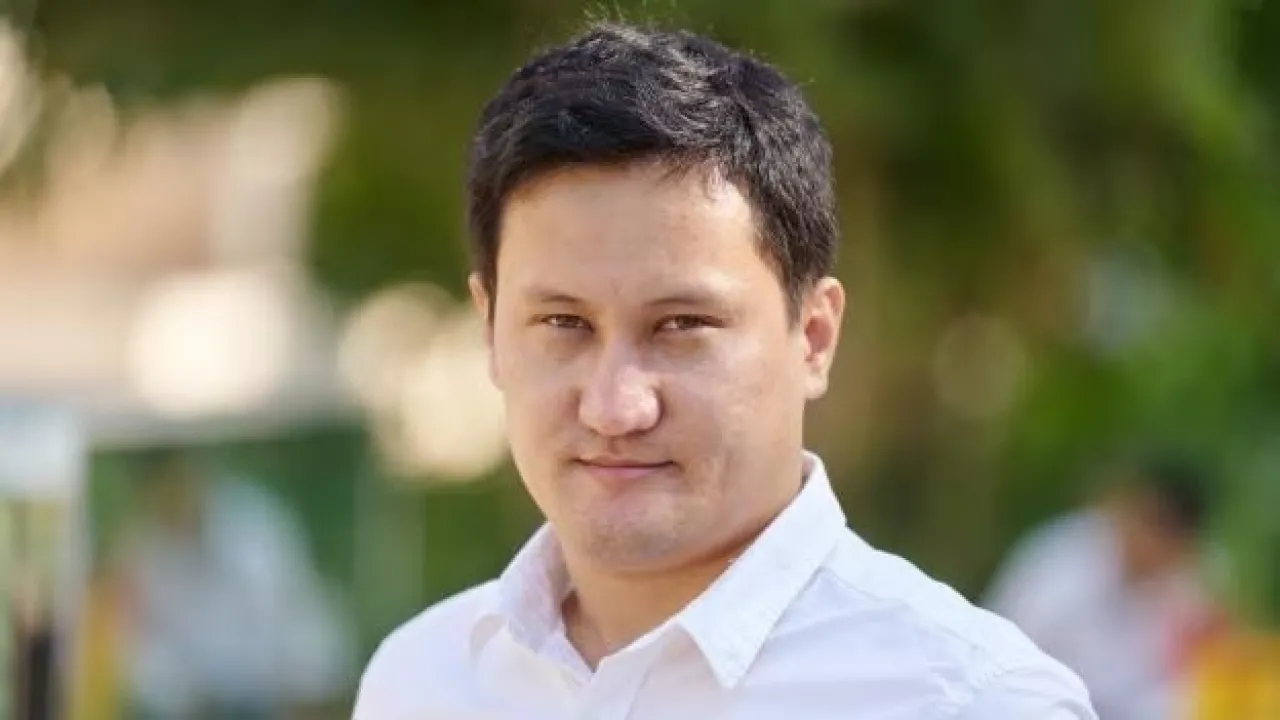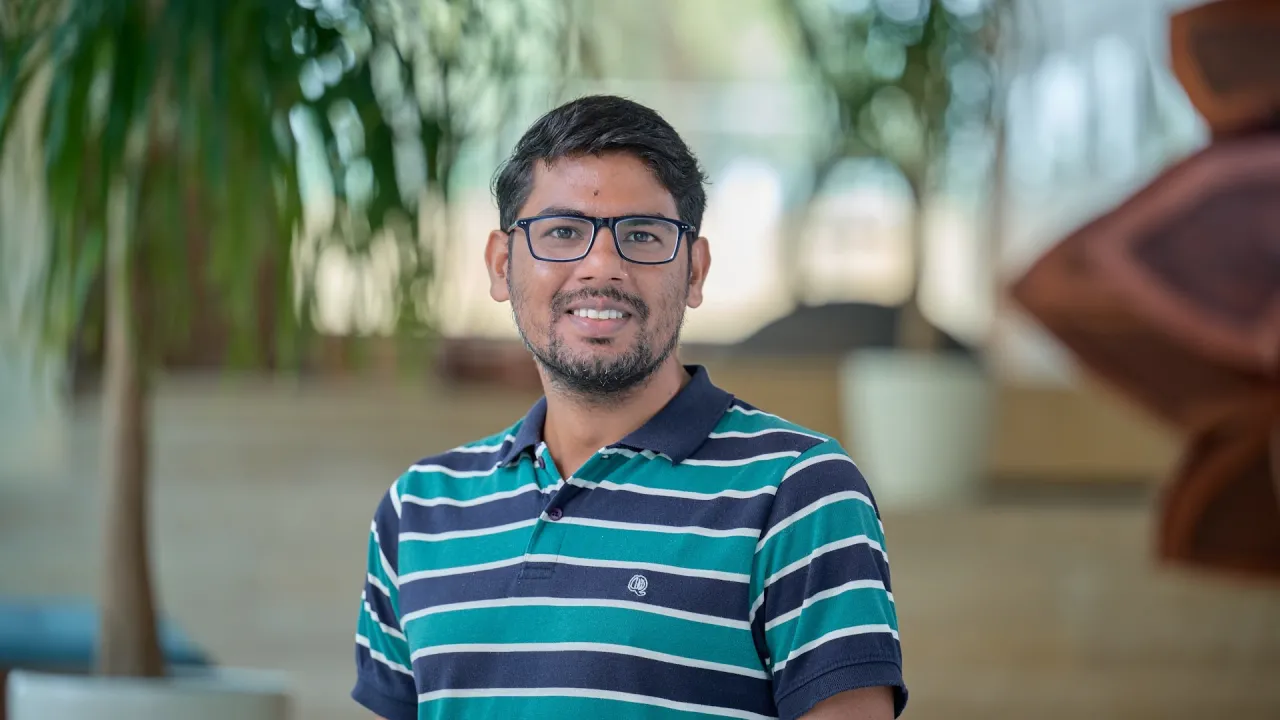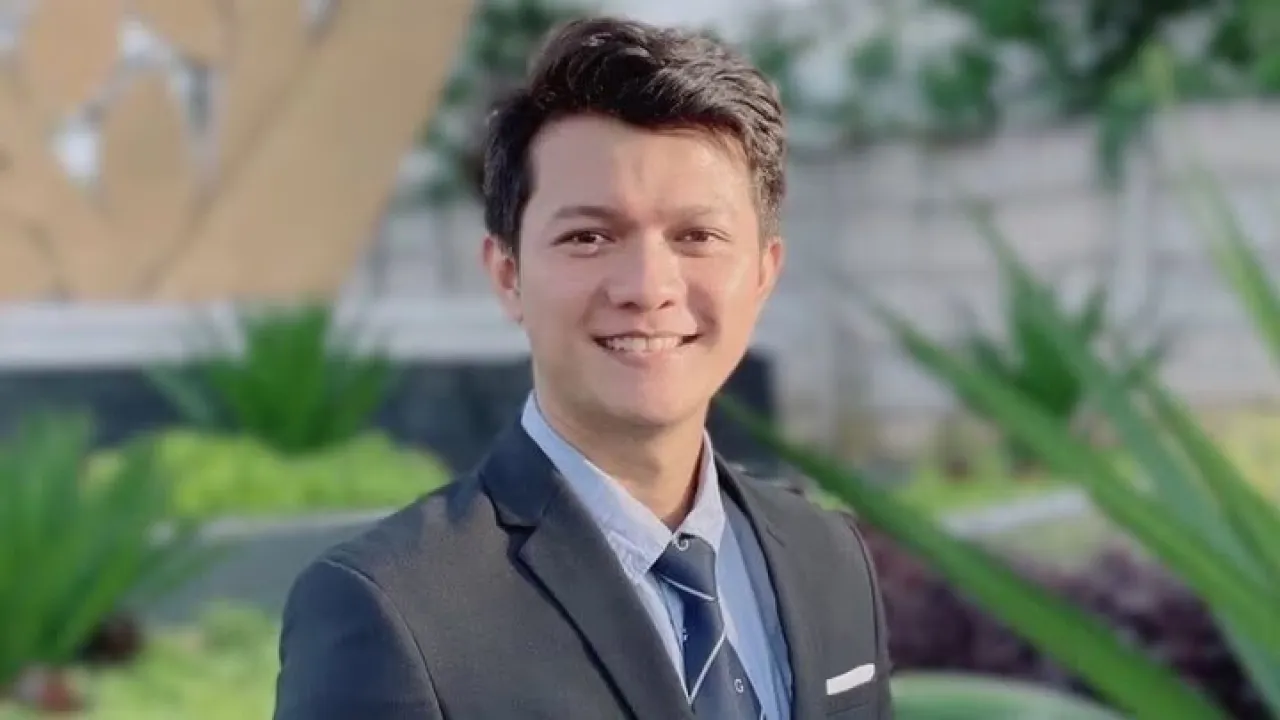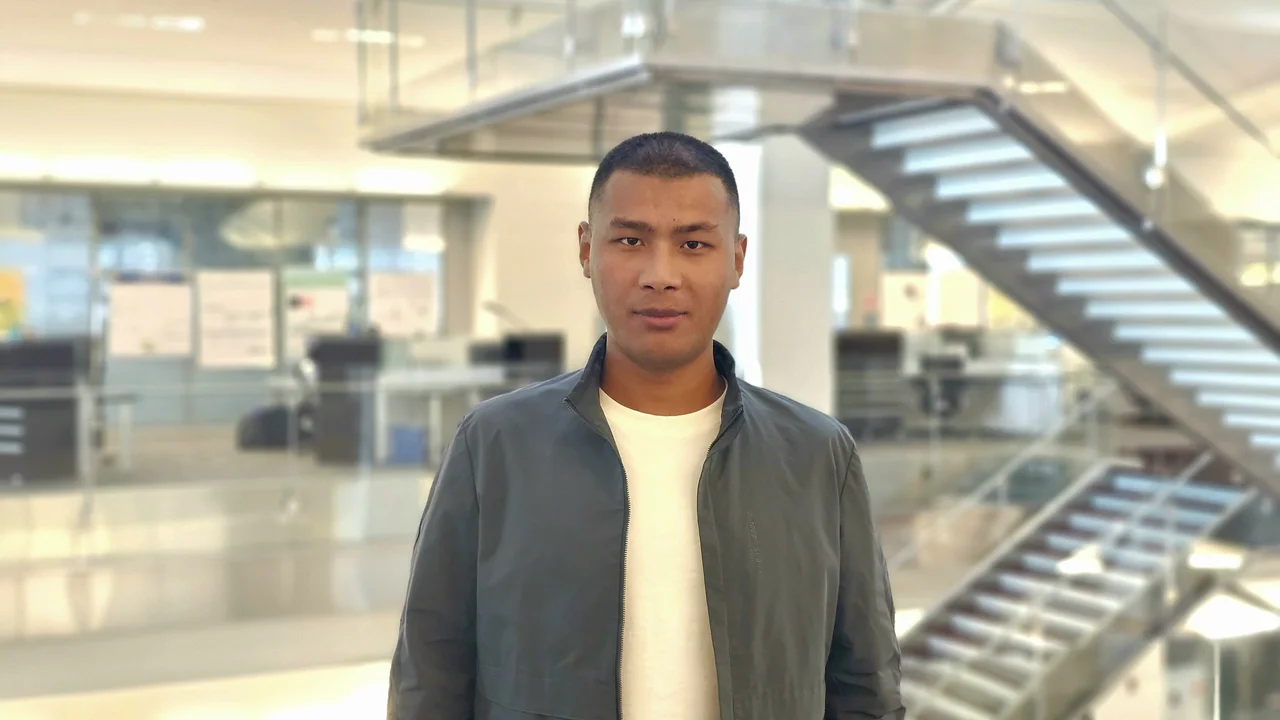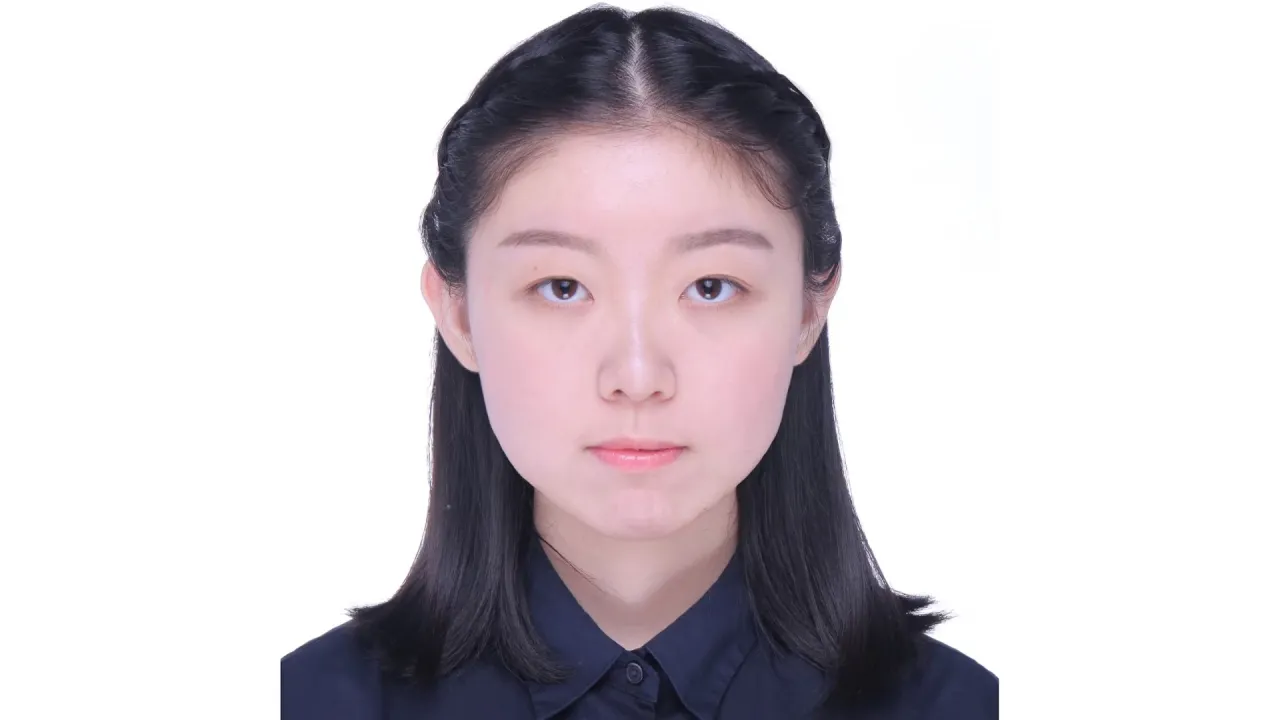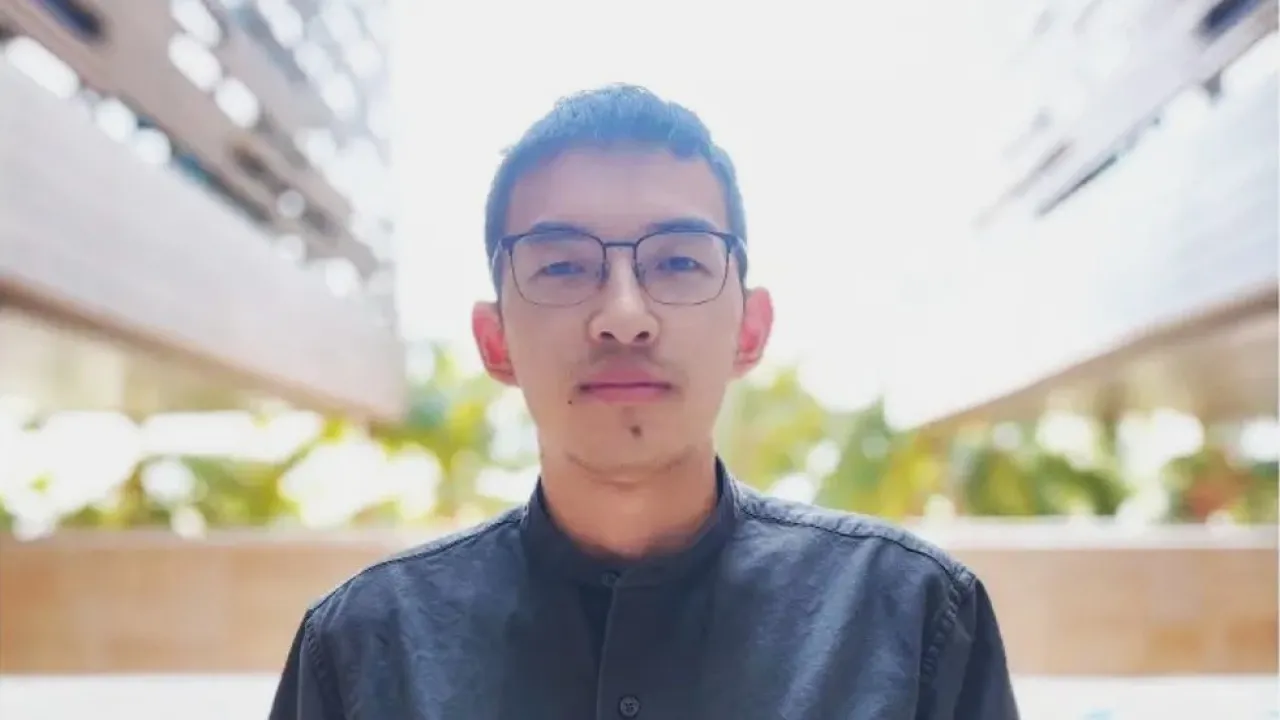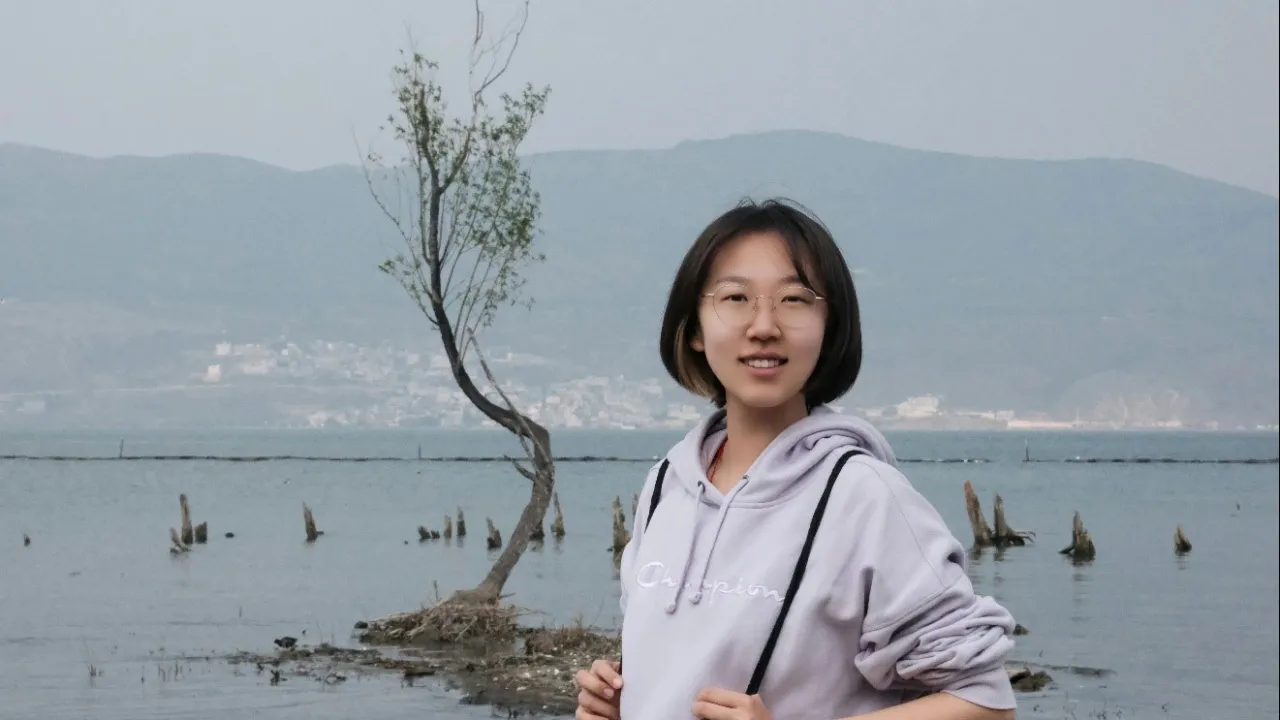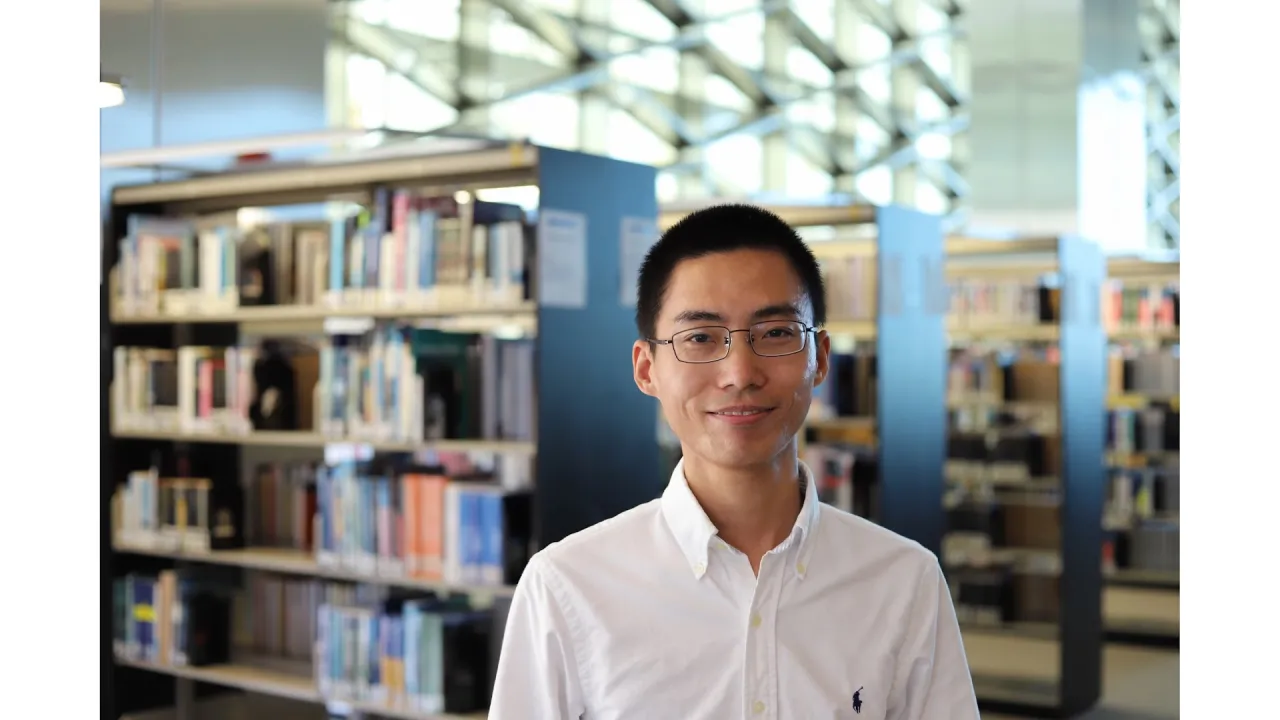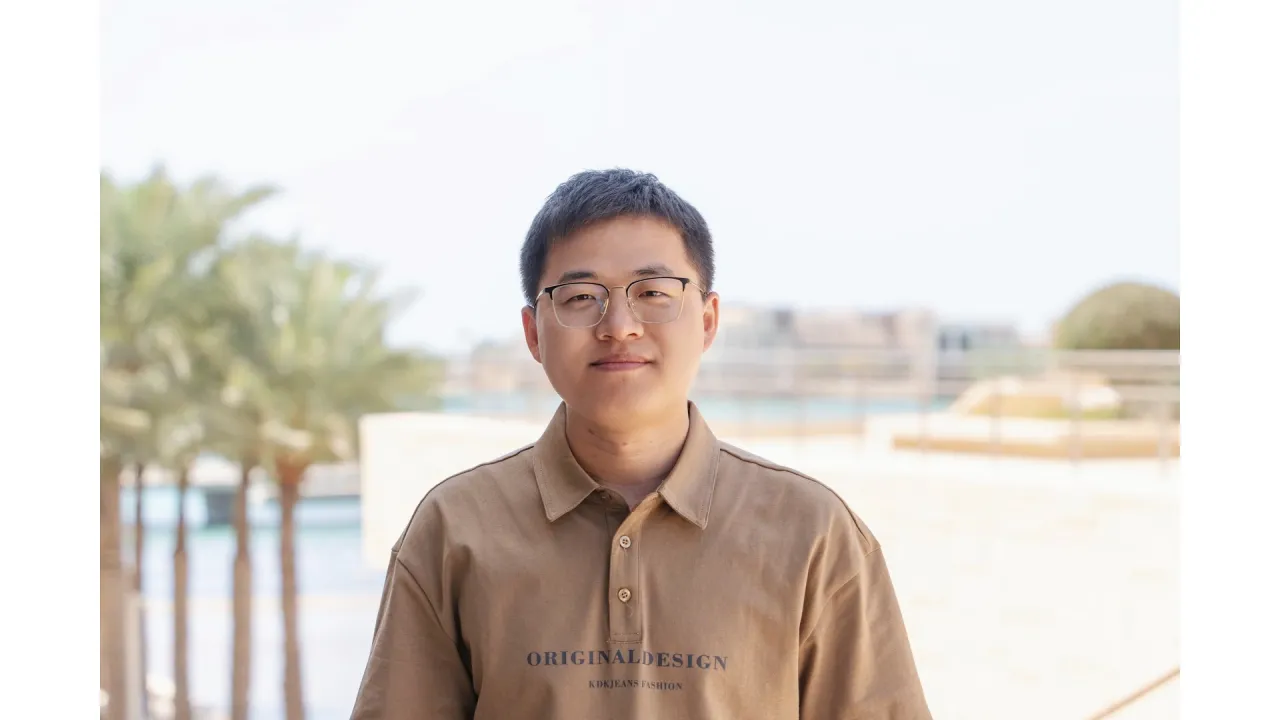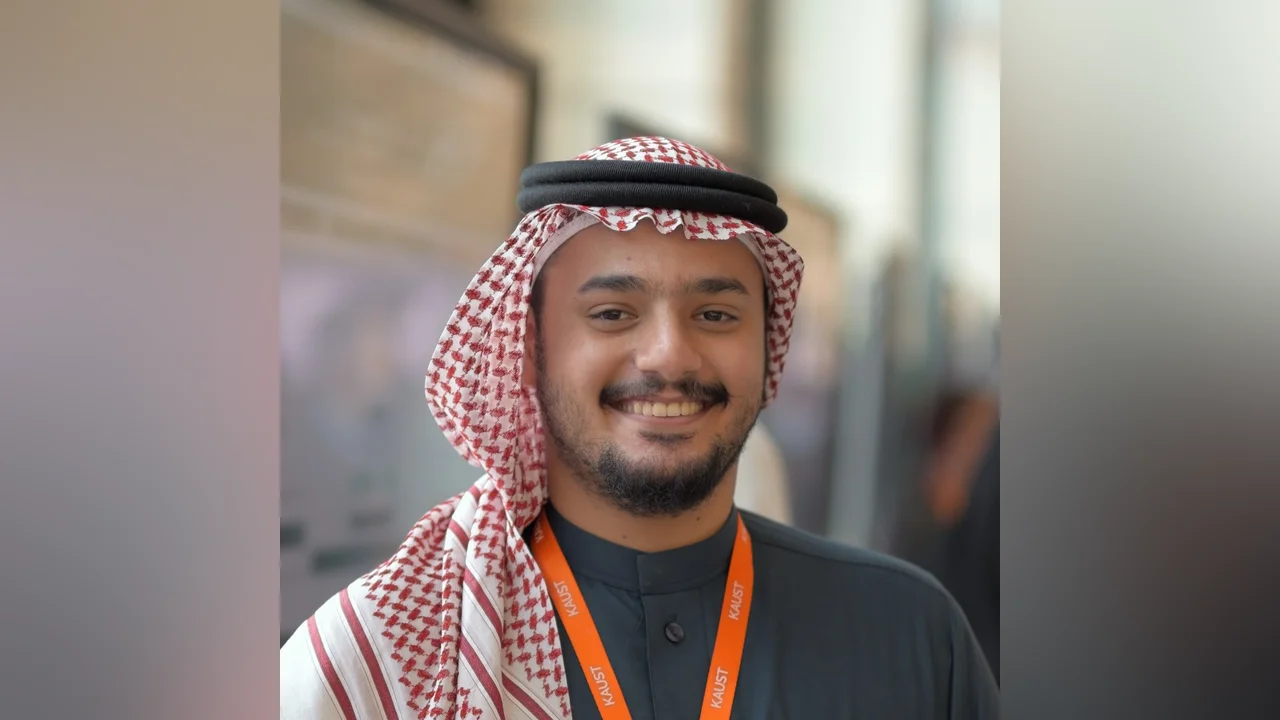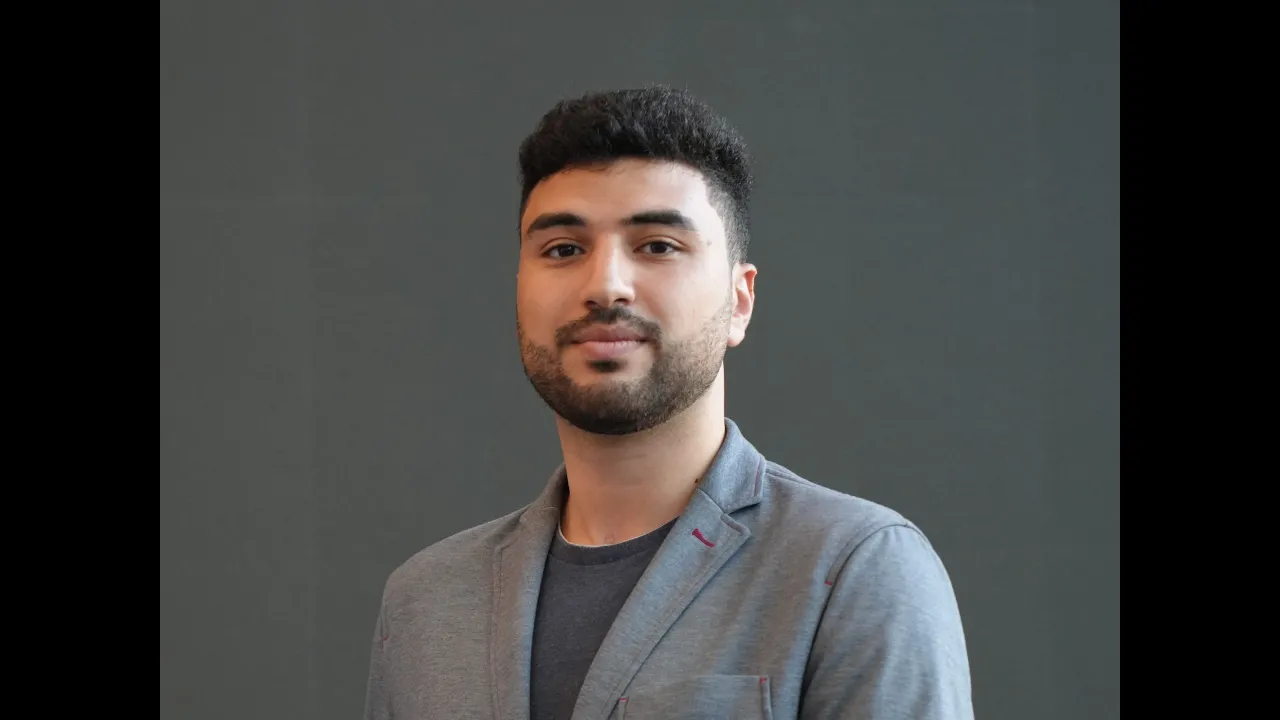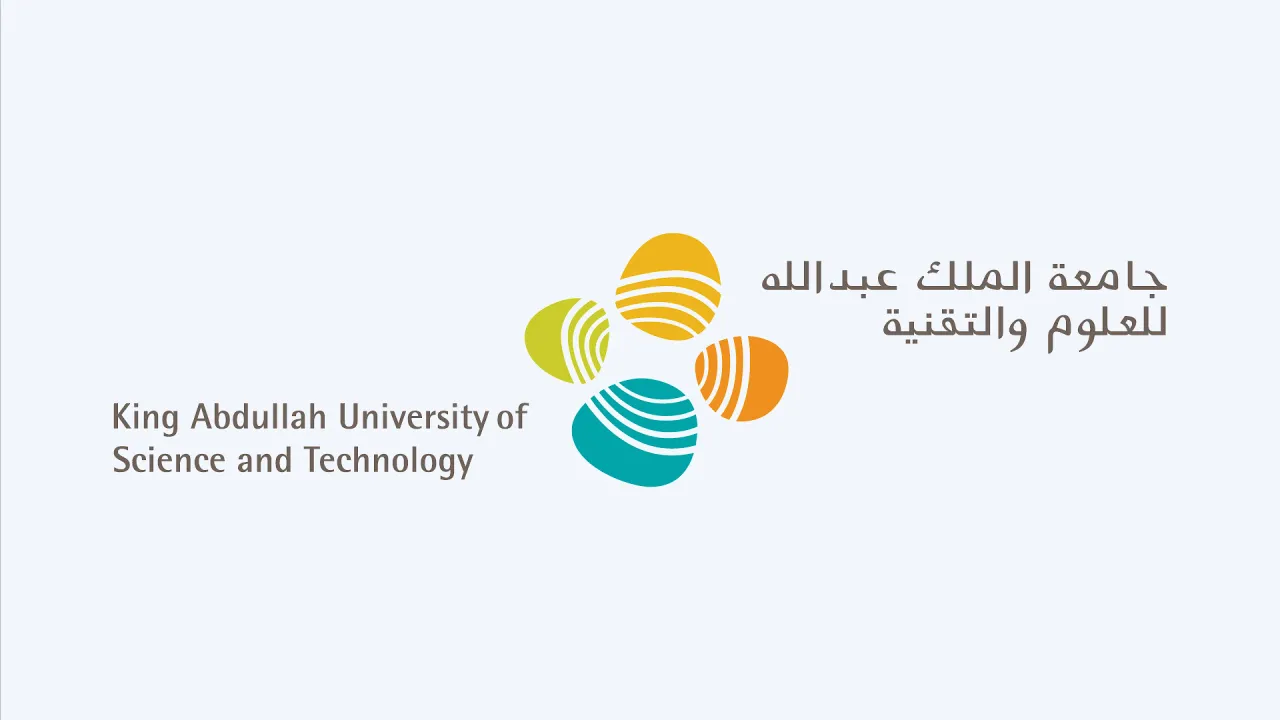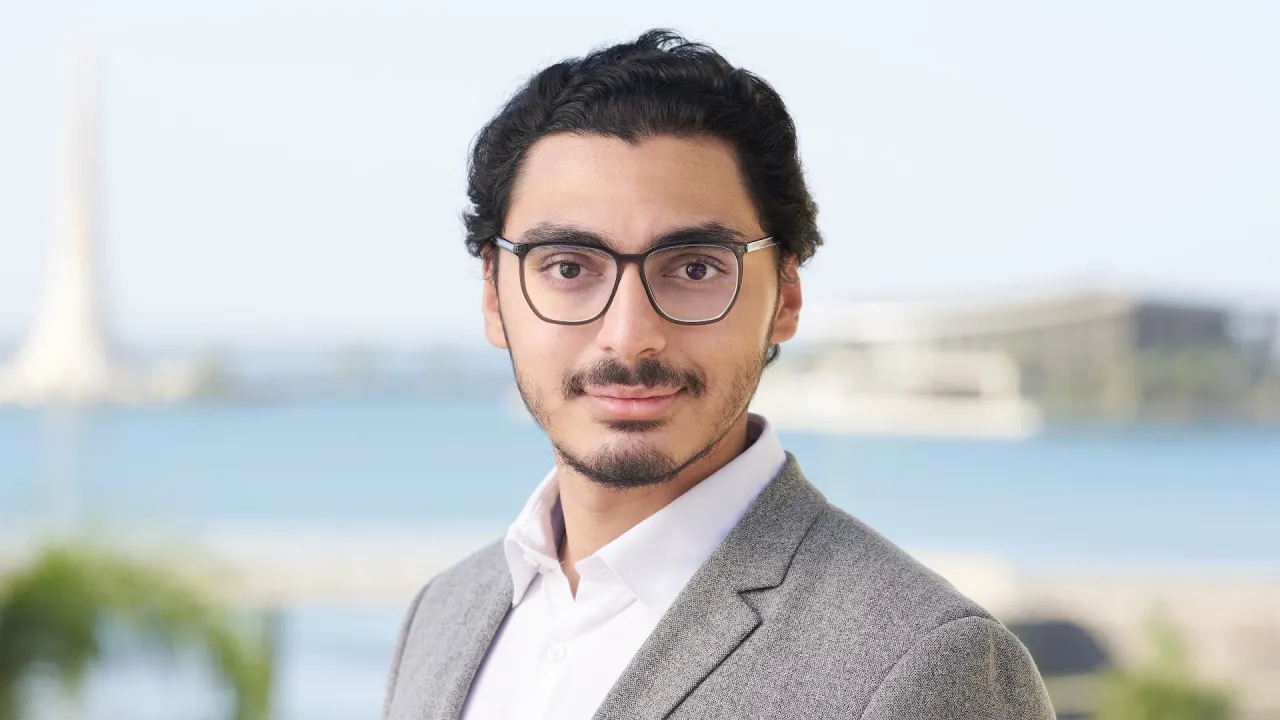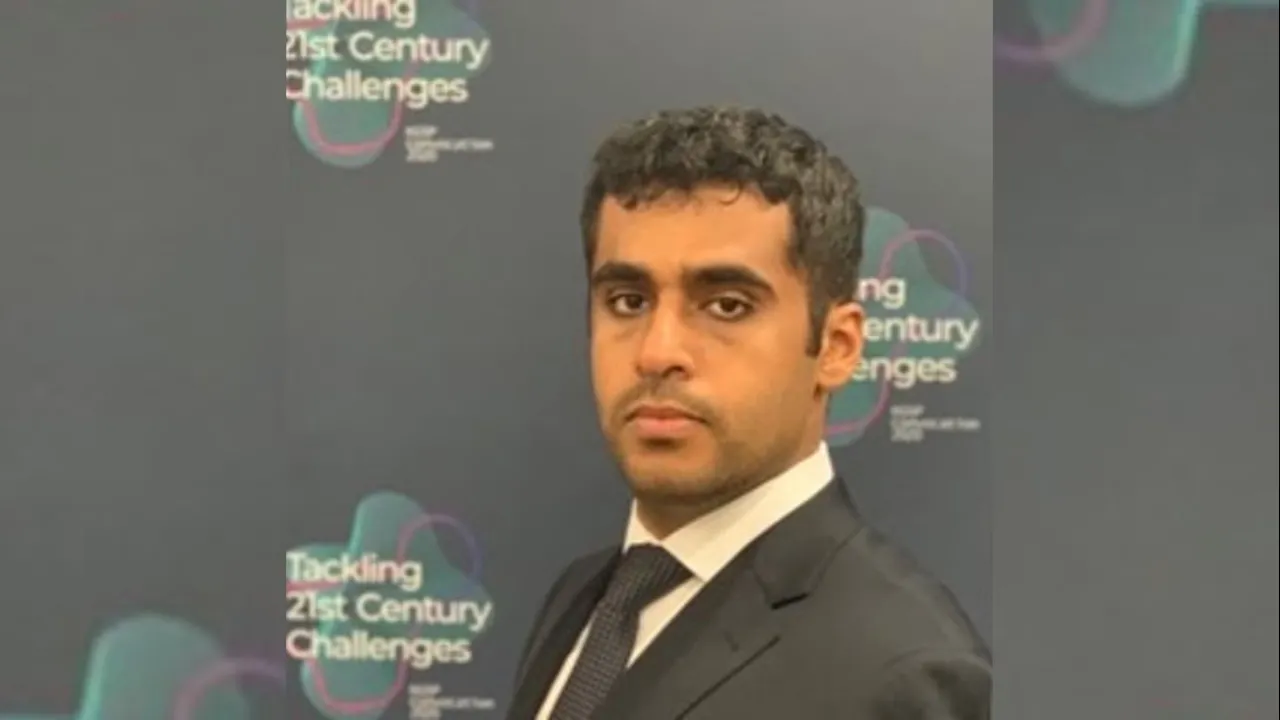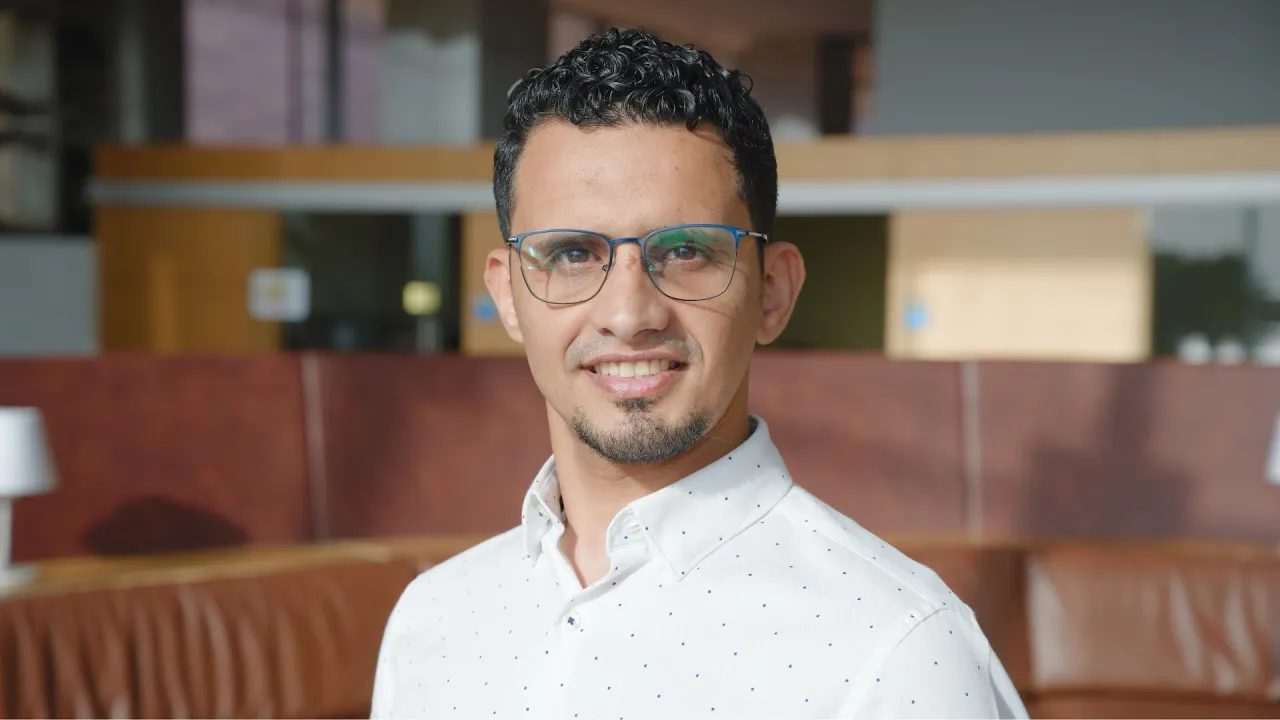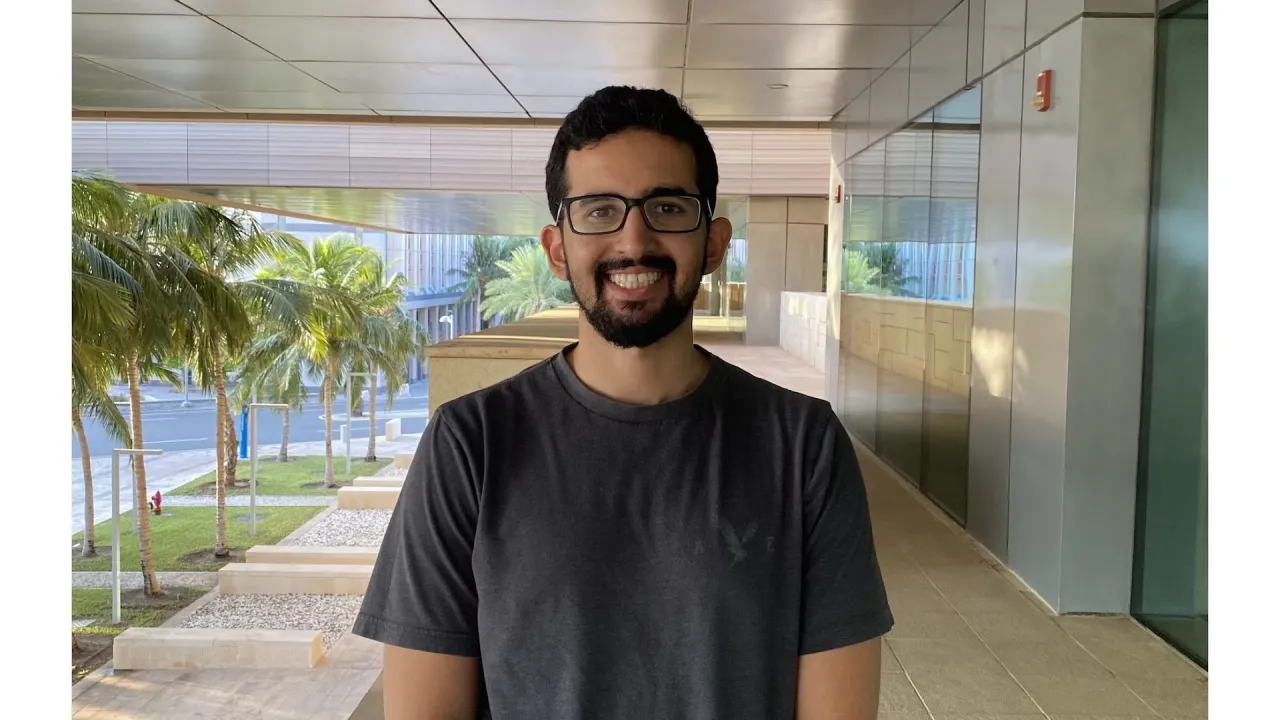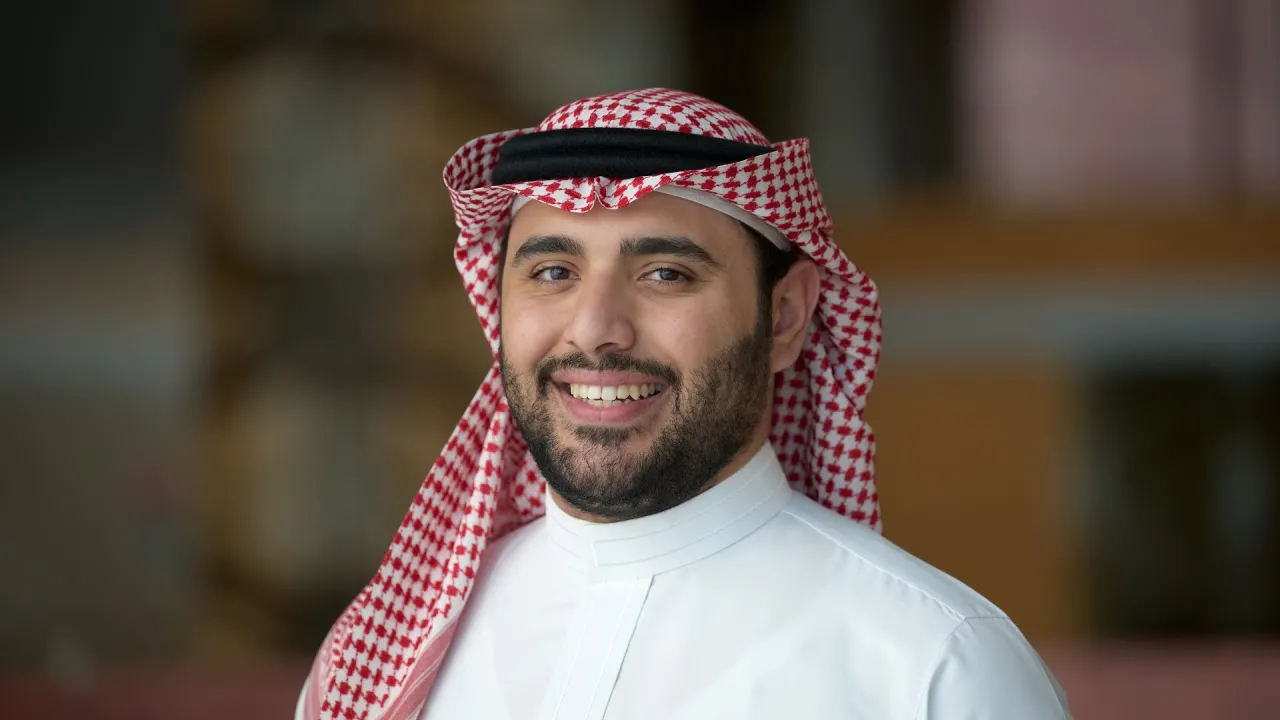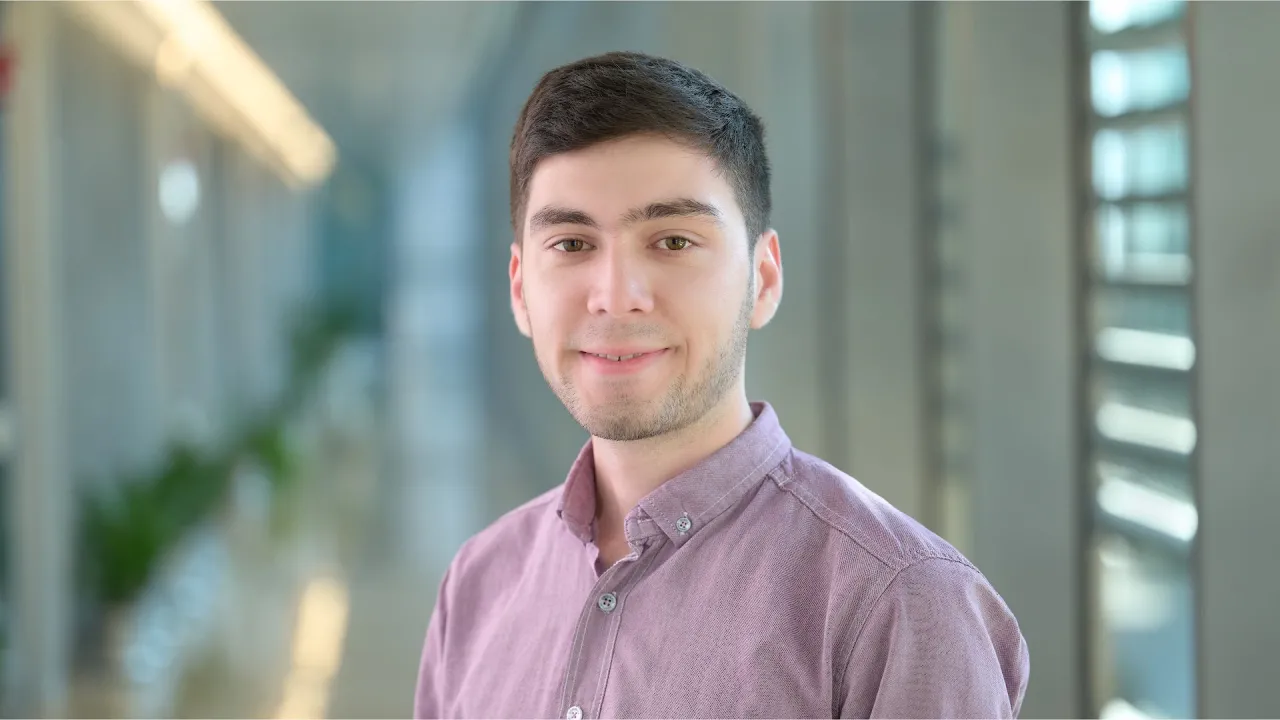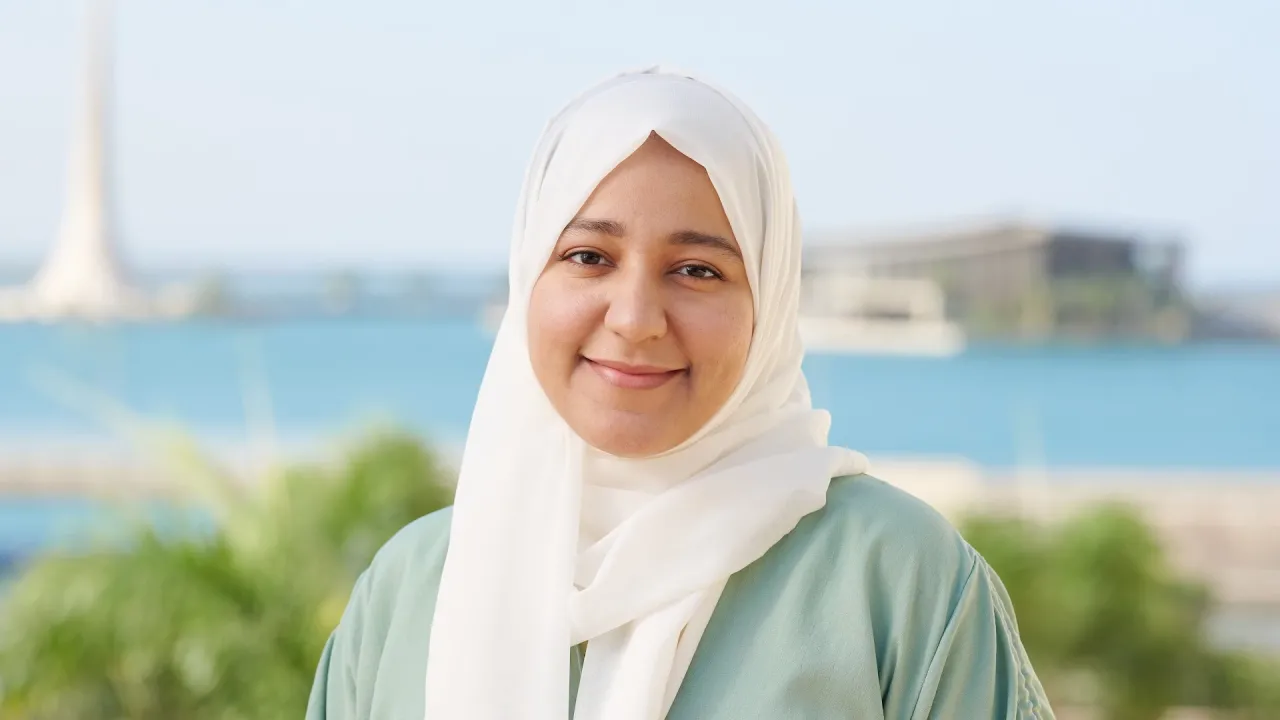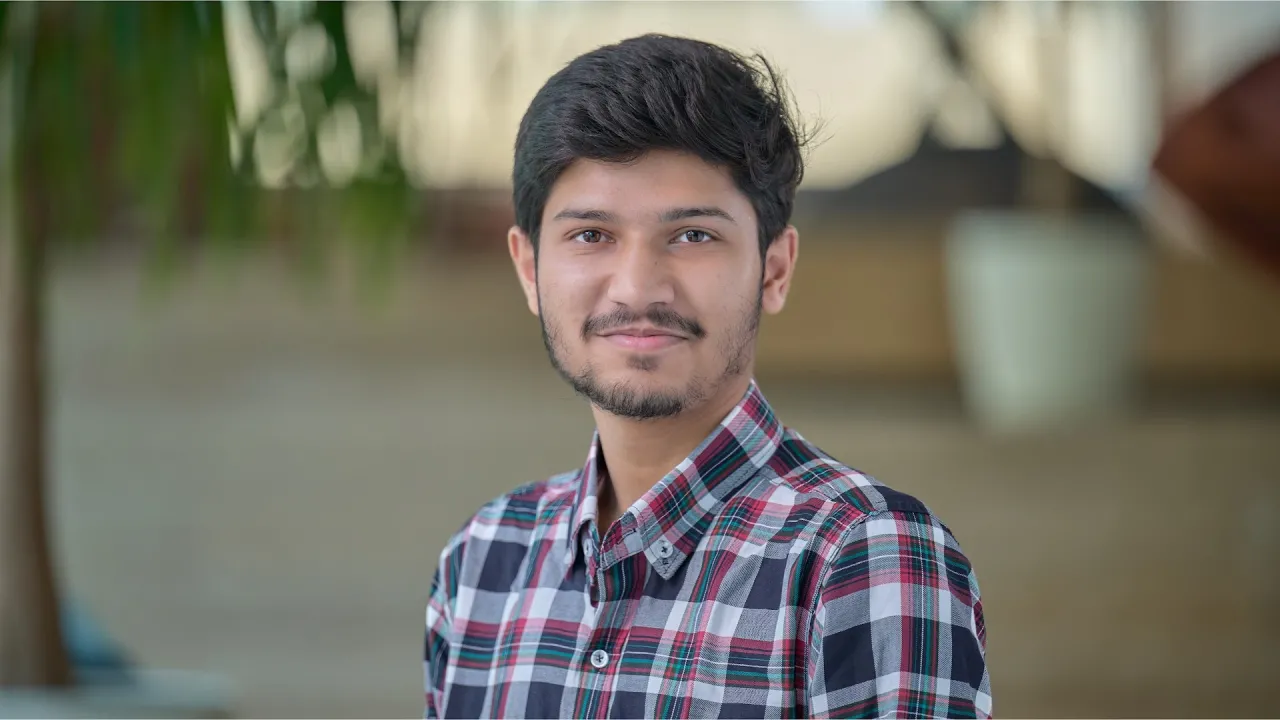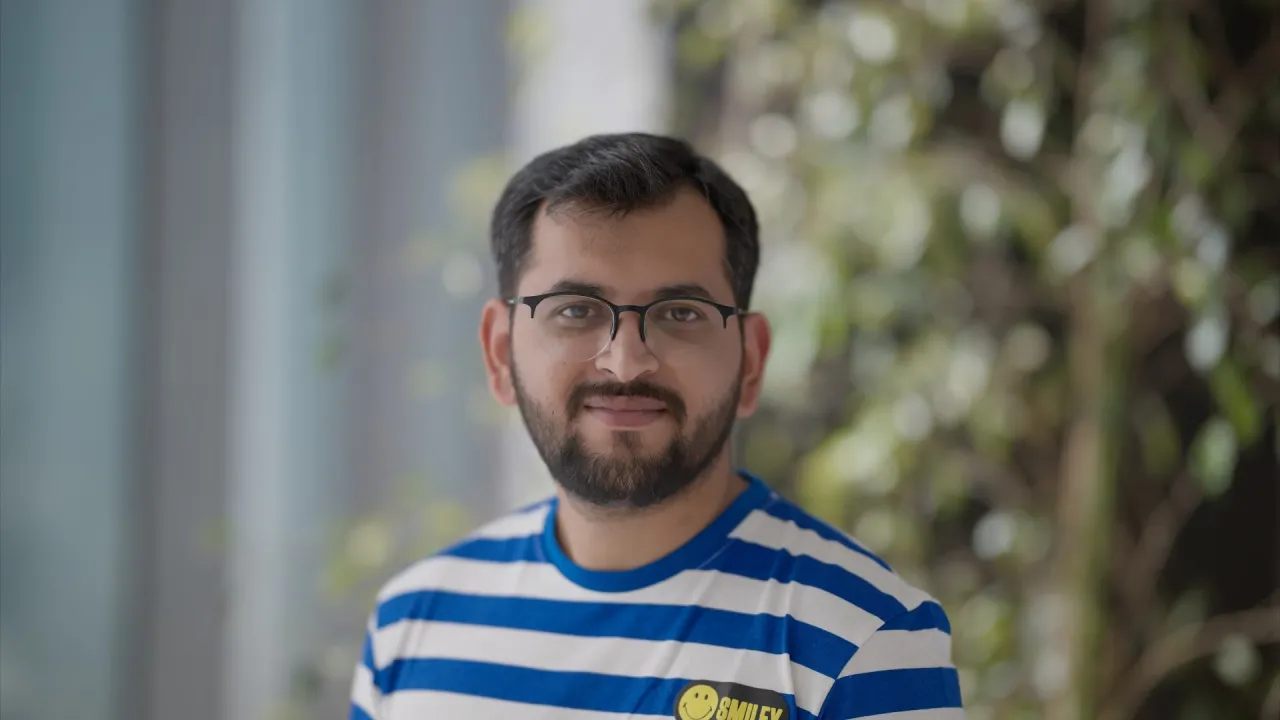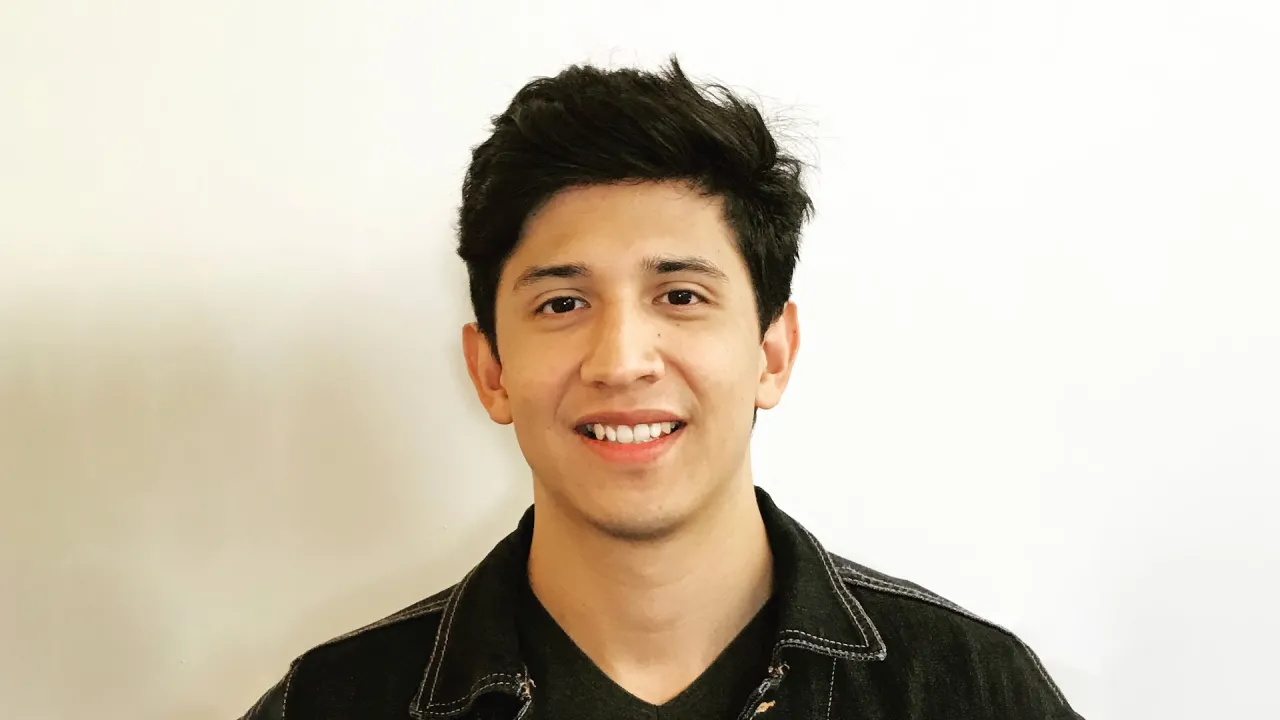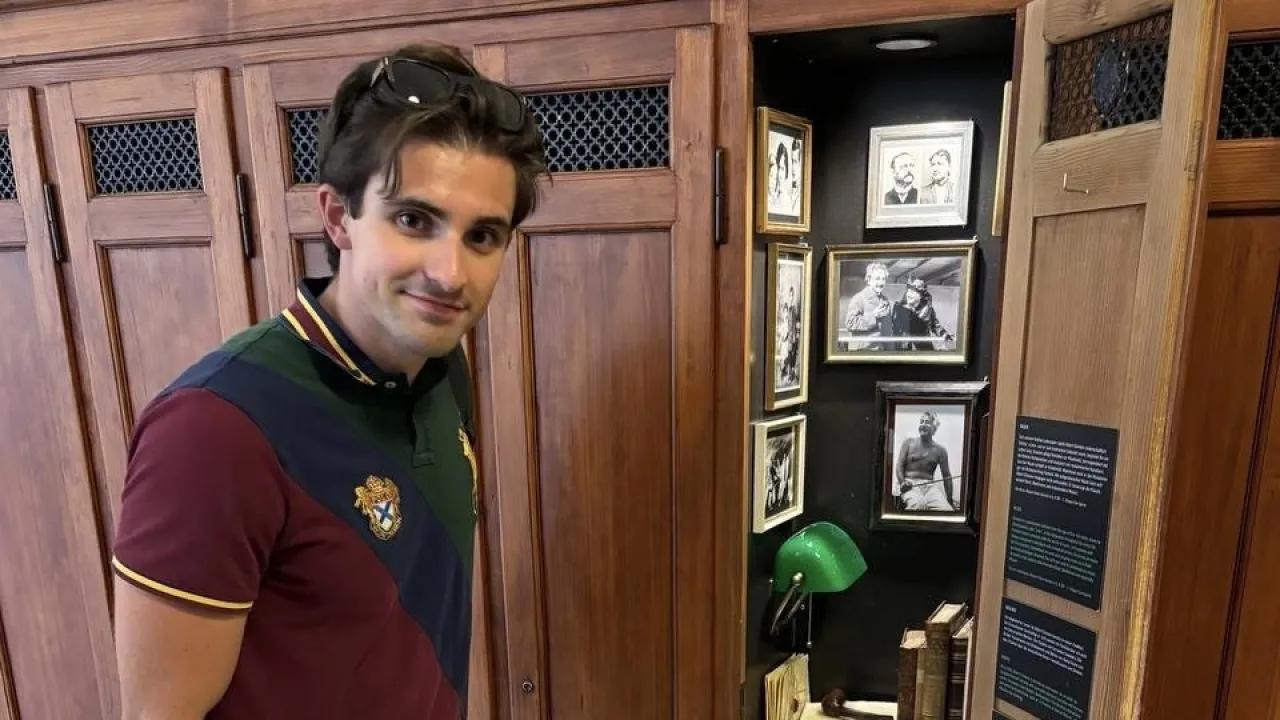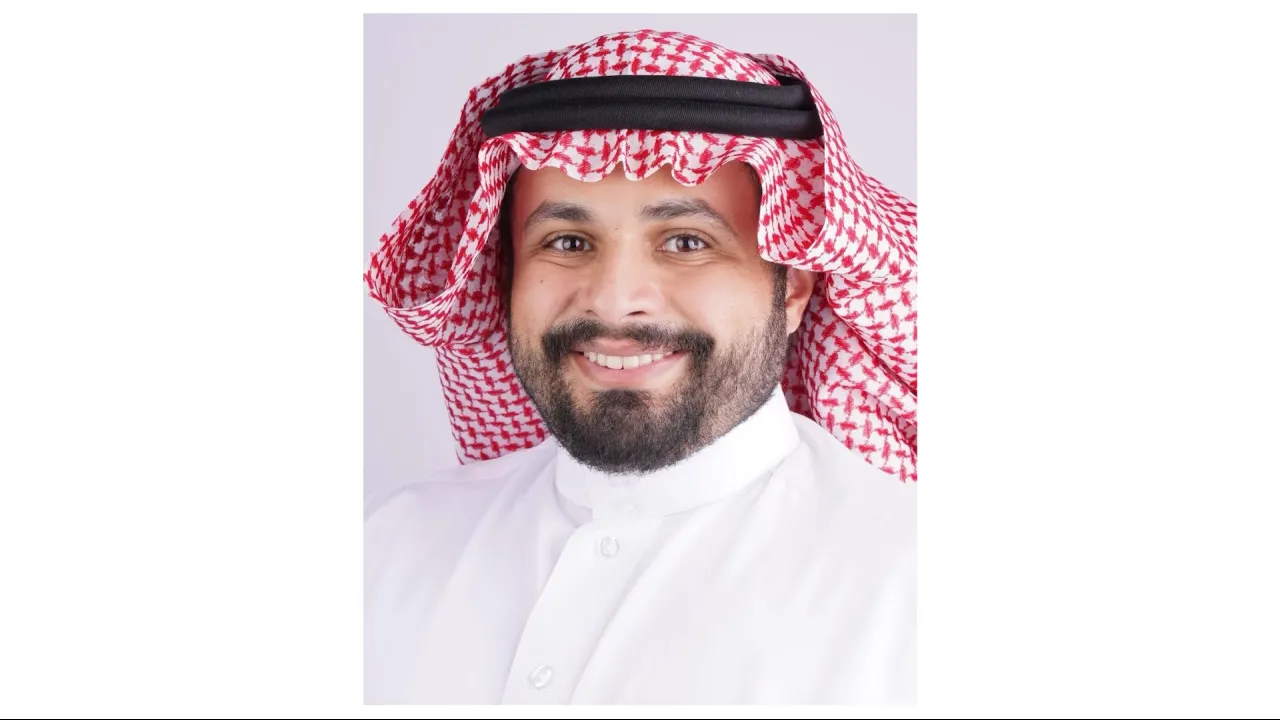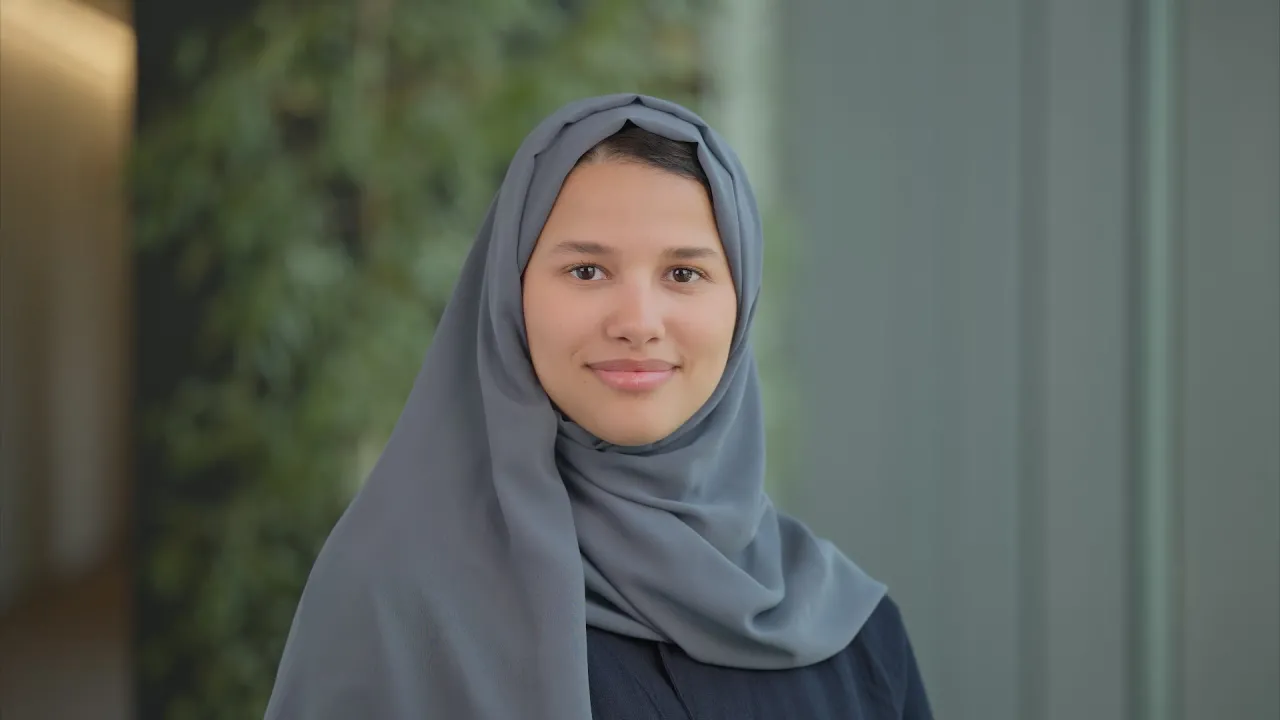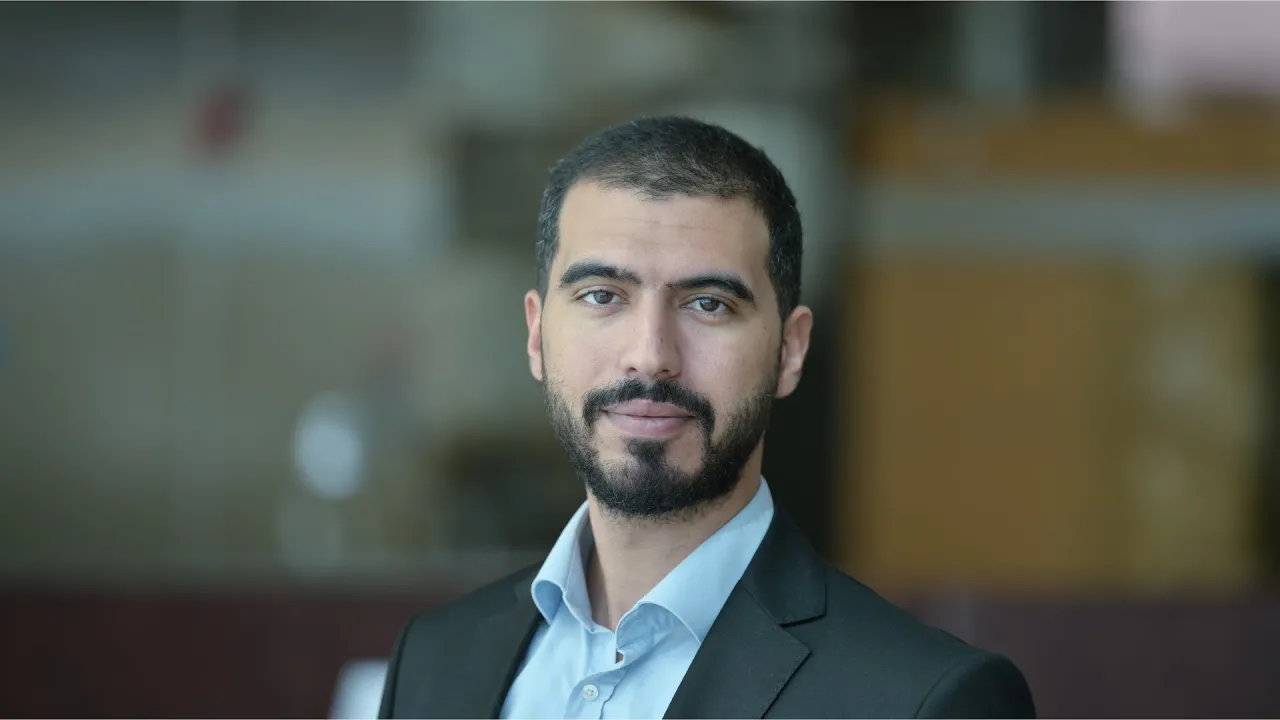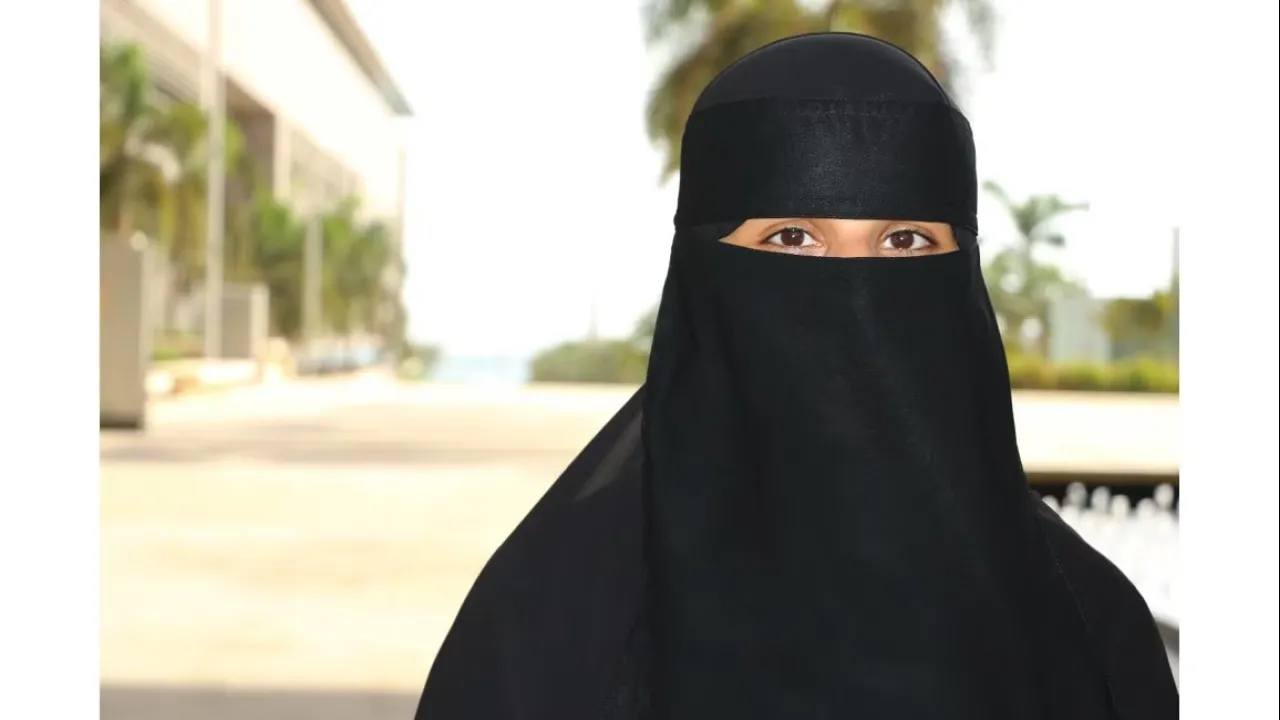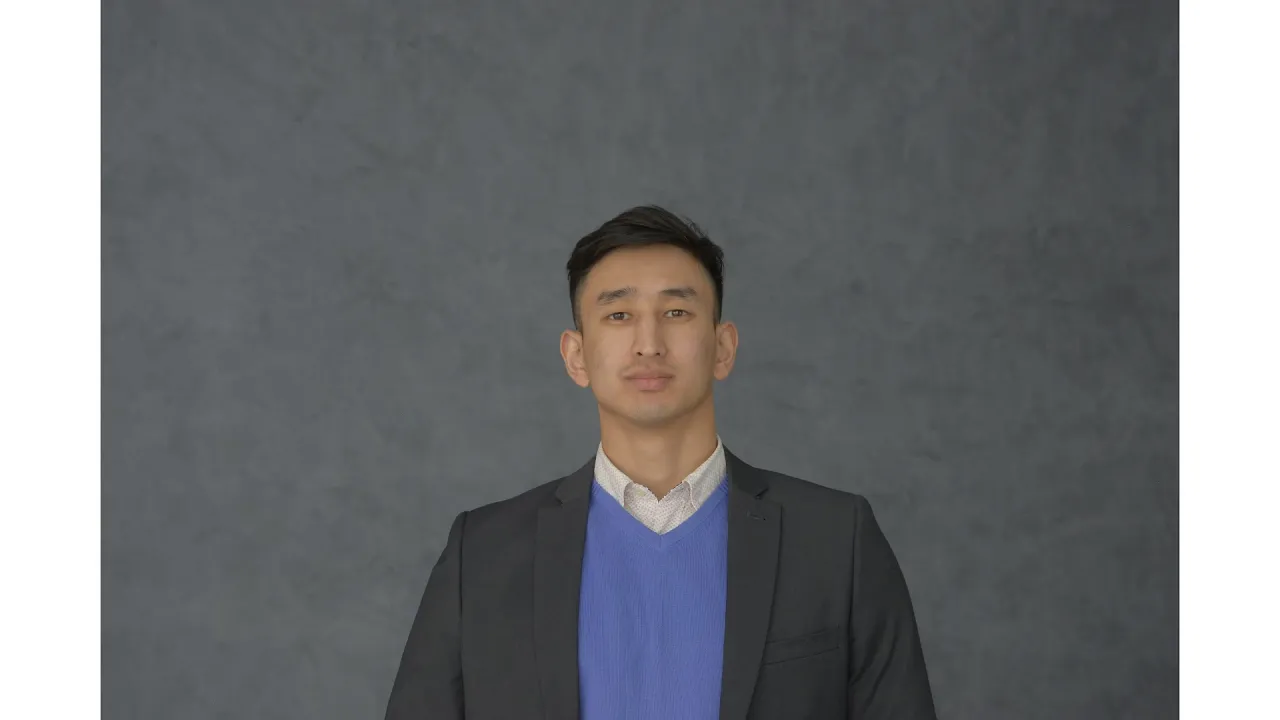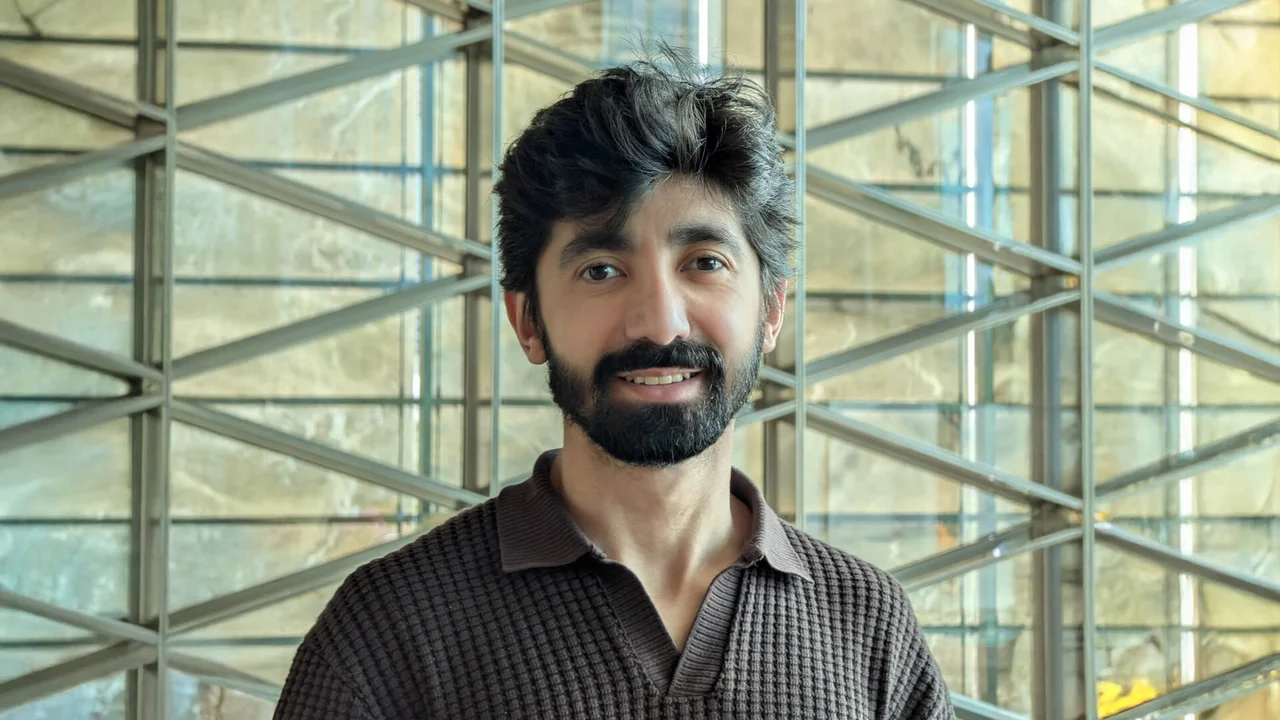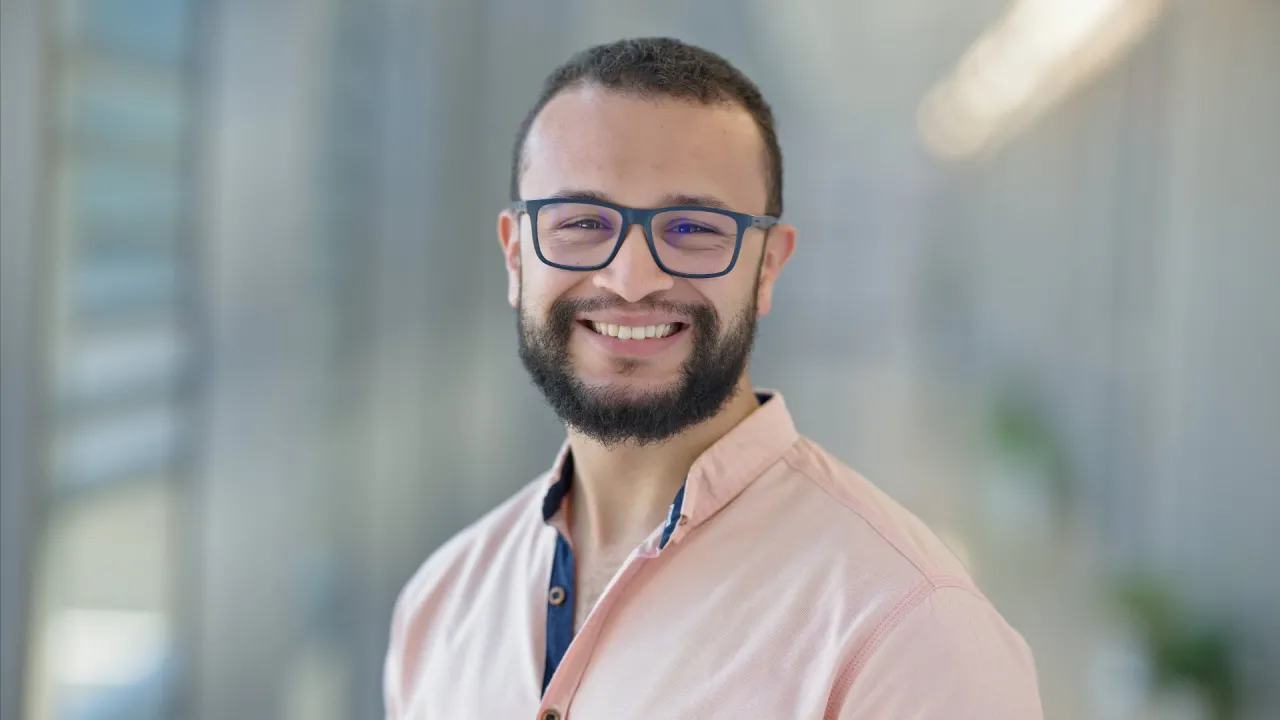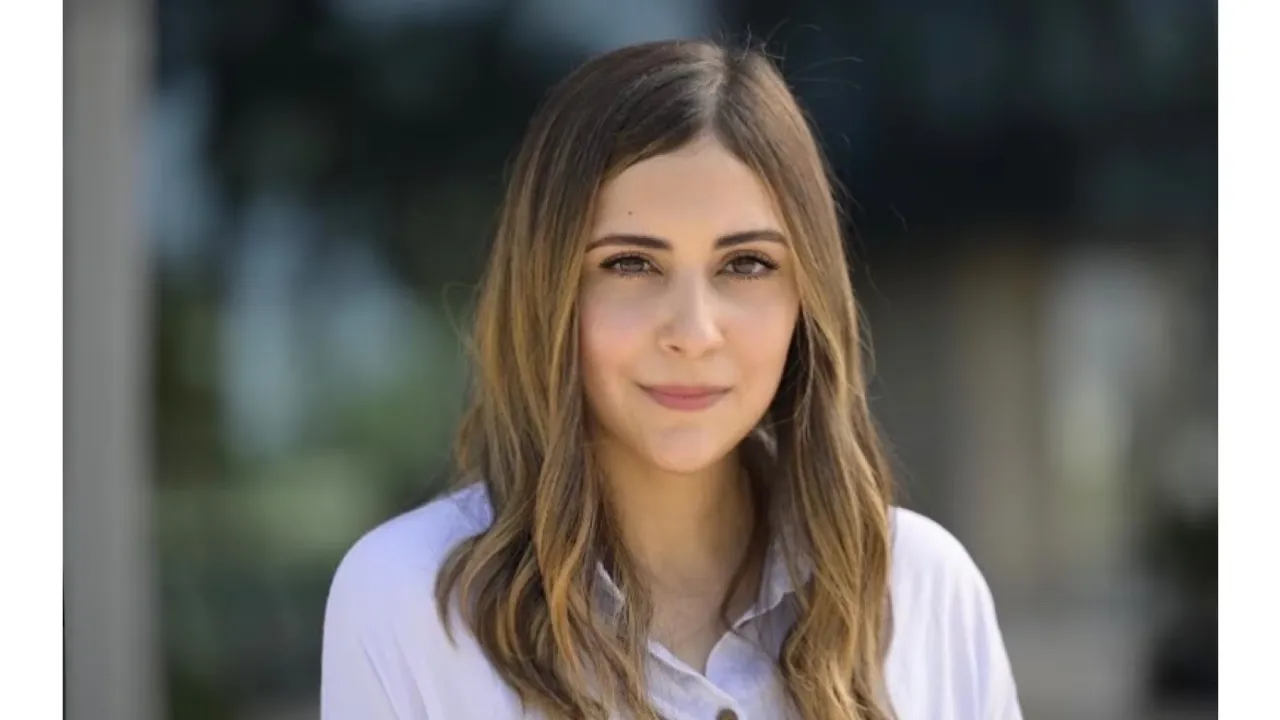Profiles
Postdoctoral Fellows
Research Interests
- Statistical signal processing .
- Signal application .
- OFDM systems..
- Random matrix theory
- Discriminant analysis.
Education
Mubarak Ojewale
- Postdoctoral Research Fellow, Computer Science
Nasir Mahmood
- Postdoctoral Research Fellow, Electrical and Computer Engineering
Ngoc-Phuc Le
- Postdoctoral Research Fellow, Electrical and Computer Engineering
Biography
Dr. Nikita Kondratyev is a Research Specialist at the Integrated Photonics Laboratory (IPL) under the supervision of Prof. Yating Wan at King Abdullah University of Science and Technology (KAUST). He earned PhD in Physics from the M.V. Lomonosov Moscow State University, where he specialized in nonlinear optics and numerical modeling.
Before joining KAUST in 2025 Dr. Kondratyev worked at the Russian Quantum Center in the Laboratory of Coherent Microoptics and Radiophotonics covering a wide range of topics, including electro-optic effects, thermal noise and thermal effects, self-injection locking, laser stabilization, and Kerr frequency combs. A unified theoretical framework and simulation scripts for modeling frequency comb generation and self-injection locking were developed there. Since 2022, Dr. Kondratyev has worked as a Senior Photonic Integrated Circuit Designer at the Technology Innovation Institute in Abu Dhabi, he was involved in chip design and testing automation. A novel phased-array pattern to minimize sidelobe levels was proposed, for which a patent was provisionally submitted in November 2024.
Dr. Kondratyev has published over 80 research papers in leading international journals, including Nature Communications, Optics Letters, Physical Review (A and Applied) having WOS h-index 18.
Research Interests
Dr. Kondratyev’s research focuses on nonlinear optics, integrated photonics, self-injection locking, photonic phased arrays and numerical modeling.
Education
Partha Mondal
- Postdoctoral Research Fellow, Electrical and Computer Engineering
Richa Priyadarshani
- Postdoctoral Research Fellow, Electrical and Computer Engineering
Sofiane Ben Mbarek
- Postdoctoral Research Fellow, Electrical and Computer Engineering
Biography
Sofiane Ben Mbarek received his B.S. degree in Electronic Signals and Systems from Toulon University, Toulon, France, in 2006 and his M.S. degree in Telecommunications and Microelectronics from Nice-Sophia-Antipolis University, Nice, France, in 2007. He obtained his Ph.D. in Engineering Sciences and Microsystems from Franche-Comté University, Besançon, France, in 2011. Before joining KAUST, he was a postdoc at the Centre for Quantum Materials and Technologies, Queen’s University, Belfast, UK. He has research and teaching experience in various universities and companies. His research and interests include magnetic sensors, electromagnetic compatibility, multiphysics modeling, and nanofabrication.
Research Interests
- Magnetic Sensors
- Electromagnetic Compatibility
- Multiphysics Modeling
- Micro and Nanofabrication
Education
Vipin Pandey
- Postdoctoral Research Fellow, Electrical and Computer Engineering
Biography
Wahyu Hendra Gunawan currently a Postdoctoral Fellow at Photonics Laboratory in the Division of Computer Electrical and Mathematical Sciences & Engineering (CEMSE) at King Abdullah University of Science and Technology (KAUST). He earned his B.S. and M.S in Physics at Institut Teknologi Sepuluh Nopember, Indonesia, in 2012 and 2014, respectively. In December 2022, he earned his P.hD. from Department of Photonics at National Yang-Ming Chiao-Tung University (NYCU), Taiwan, with research focus on Enabling Techniques for Optical Wireless Communication and Optical Fiber Communication Systems. He has over 15 authored/co-authored publication in peer-reviewed journals and conference proceedings. He also serving the scientific community as reviewers for several international journals, such as: Drones, Applied Sciences, Sensors, IEEE System Journal, IEEE Access and Photonics.
Research Interests
Optical Systems and Communications, Wireless Optical Sensing
Education
Biography
Dr. Weiping Li is a Postdoctoral Fellow at the Integrated Photonics Laboratory (IPL) under the supervision of Prof. Yating Wan at King Abdullah University of Science and Technology (KAUST). Before joining KAUST, he received his B. S. degree in National University of Defense and Technology, in 2016, and Ph. D. degree in Fudan University, in 2024.
Prior to joining IPL, Dr. Li was a postdoctoral scholar at Institute of Advanced Chips and Systems, Fudan University. He has published over 100 peer-reviewed articles , with more than 30 as first and corresponding authors, including Optical Fiber Communications Conference (Post deadline paper), Transactions on Microwave Theory and Techniques, Journal of Lightwave Technology, Science China Information Sciences, Optics Letters, etc. Dr. Li won the 2024 Shanghai Outstanding Graduate. In addition, he was selected into the list of top 2% scientists in the world in 2025.
Research Interests
Dr. Li’s research interests include integrated photonics-aided LIDAR, Quantum dot lasers, broadband photonics-aided terahertz communication and sensing, etc.
Education
Xiaowei Pang
- Postdoctoral Research Fellow, Electrical and Computer Engineering
Xiaowen Zhang
- Postdoctoral Research Fellow, Electrical and Computer Engineering
Biography
Dr. Xiaowen is a Postdoc Fellow at the Integrated Photonics Laboratory under the supervision of Prof. Yating Wan at King Abdullah University of Science and Technology (KAUST). Before joining KAUST, he received his B.E. degree in Material Science from South China University of Technology in 2013. He received the Ph.D. degree from the South China University of Technology in 2017 and completed 2-year postdoctoral research in Zhejiang University. He previously published 15 SCI journals (8 first author), including Nano Lett., Nano Res., Chem. Mater., etc. His current research focus towards the integration of 2D materials on silicon-photonics and the nonlinear optics of optical waveguides. His work aims to explore the unique properties of these materials and their potential applications in the field of integrated photonics.
Research Interests
Dr. Xiaowen’s research interests are 2D integrated silicon photonics, nonlinear optics.
Education
Xihui Teng
- Postdoctoral Research Fellow, Electrical and Computer Engineering
Research Interests
Dr. Teng's primary research interests lie in the field of antenna theory and technology, with a specific focus on the design of millimeter-wave high-gain antennas, phased array antennas, and endfire antennas. Her designed antennas can be applied in various advanced systems, including 5G phased array communication systems, 77GHz automotive radar systems, and shipborne communication systems.
Education
Xing Liu
- Postdoctoral Research Fellow, Electrical and Computer Engineering
Research Interests
- GNSS Localization.
- Attitude Determination.
Education
Ying Shi
- Postdoctoral Research Fellow, Electrical and Computer Engineering
Biography
Dr. Ying is a Postdoc Fellow at the Integrated Photonics Laboratory under the supervision of Prof. Yating Wan at King Abdullah University of Science and Technology (KAUST). Before joining KAUST, he received his B.E. degree in Communication Engineering from Lanzhou University in 2017 with some honors such as the First Price Scholarship, School Outstanding Graduates Awards. He received the Ph.D. degree from the State Key Laboratory of Advanced Optical Communication Systems and Networks at Shanghai Jiao Tong University in 2022. His Ph.D. doctoral research focuses on polymer waveguide technology for high-speed optical circuit board application. He previously published 16 journals and conference papers, including the first author's 3 OE, 1 OL, OFC, OECC, etc. He now pivots himself towards the silicon photonics integrated circuit platform and its applications.
Research Interests
Dr. Ying’s research interests are optical interconnects, silicon photonics.
Education
Students
Education
Biography
Abdelrahman Fatouh is an electrical and computer engineering master’s student at KAUST started in 2025, specializing in embedded systems, AI, and IoT. He holds a B.Sc. in Computer Engineering from King Saud University (2024) and has industry experience developing robotics and intelligent systems at multiple technology start-ups. His recent work includes EEG-based humanoid robot control for disabled people.
Research Interests
- Embedded systems
- AI
- TinyMl,
- IoT
- Digital hardware design
Education
Abdullah Adil Albakry
- Senior Associate Consultant, Bain & Company
Biography
Abdullah Alquwayzani is a Ph.D. student at the Photonics Lab in the Electrical and Computer Engineering Department at King Abdullah University of Science and Technology (KAUST.) He received his M.S. degree from KAUST in 2022 with a thesis in characterizing the power consumption of a flexible system-on-chip. He recieved his B.S. degree in Electrical Engineering from Texas A&M University in 2020.
Research Interests
Optoelectronics
Education
Biography
Abdullah Alshehri is a Ph.D. candidate in the Electrical and Computer Engineering (ECE) department at the Integrated Circuit and System (ICS) Research Group at King Abdullah University of Science and Technology (KAUST).
Alshehri received his Bachelor of Science degree in Electrical and Electronics Engineering from the University of Brighton in the United Kingdom in 2014. In 2016, he earned his master's degree in Electrical Engineering (Electro-physics) from KAUST in Saudi Arabia.
Alshehri's research focuses on designing low-power, high-speed CMOS interface circuits for sensors. He has published over 10 papers and obtained a patent. Throughout his academic and professional journey, Alshehri has gained valuable experience from positions at companies such as STC, Digital Network, ARAMCO, SEMC, Umm Al Qura University, and KAUST.
Research Interests
Abdullah's research interests focus on the design of low-power, high-performance interface circuits for advanced applications. Specific areas of focus include:
- Low-power, high-speed CMOS interface circuit design:
- Developing energy-efficient amplifiers, filters, and other analog building blocks
- Optimizing circuit topologies and techniques to improve power, speed, and linearity
- High-performance analog comparators:
- Designing low-offset, low-noise comparator circuits
- Enhancing comparator speed and resolution for precision applications
- Energy-efficient digital logic circuits:
- Implementing compact, low-power digital logic blocks and controllers
- Exploring circuit techniques to minimize dynamic and static power consumption
- High-speed, low-power analog-to-digital converters (ADCs):
- Advancing ADC architectures and circuit designs to improve power consumption and conversion rates
- Reducing the design complexity of high-performance ADC
Education
Research Interests
- Developing Biosensors to detect biomarkers for cancer and other ailments.
- Studying electrochemical characteristics of various materials, polymers and films.
- Designing wearable, point-of-care, biotech medical devices.
- Utilizing machine learning to aid in sensing and data interpretation.
Education
Education
Biography
Abeer Alamoudi received the B.Sc. degree in Electrical and Computer Engineering from Effat University, Jeddah, Saudi Arabia, in 2019. She received the M.Sc. degree from KAUST in 2021 and is currently pursuing a Ph.D. with the Communications and Computing Systems Laboratory (CCSL).
Research Interests
Abeer’s research focuses on Human Body Communication (HBC) and energy-efficient Internet of Bodies (IoB) networks, including capacitive access schemes and deep reinforcement learning enabled networks.
Education
Education
Biography
Ahmed Hussain received his B.E. degree in Avionics Engineering from the National University of Sciences and Technology (NUST), Islamabad, Pakistan, in 2014. He earned his M.S. degree in Avionics Engineering from the Aerospace and Aviation Campus, Kamra, Pakistan. During his undergraduate studies, he was awarded the President’s Gold Medal for achieving the highest GPA and the Rector’s Gold Medal for the best project. He is currently pursuing a Ph.D. degree at King Abdullah University of Science and Technology (KAUST), Saudi Arabia.
Research Interests
His research interests include deep learning-enabled near-field communication, digital array signal processing, and wireless communications.
Education
Biography
Alejandro Pardo is a final-year Ph.D. student at KAUST, advised by Prof. Bernard Ghanem. His research explores the intersection of computer vision and creativity, with a focus on automating video editing using generative models. He previously earned his M.Sc. under Pablo Arbeláez and has interned at Intel's Embodied AI Lab and Adobe Research. Alejandro is passionate about bridging technology and storytelling.
Research Interests
He is specialized in Image processing and analysis, and interested in topics related to the investigation in Artificial Intelligence and Computer Vision. Besides that, he’s knowledgeable in machine learning and deep learning.
Education
Ali Al Nasser
- Ph.D. Student, Computer Science
Education
Education
Education
Biography
Amin Almozel is a PhD candidate whose research focuses on simulation, optimization, and autonomous mobility systems. His work includes developing a city-scale drone-traffic simulator and an unmanned traffic management framework that integrates logistics applications such as autonomous food delivery. Throughout his doctoral studies, Amin has been dedicated to advancing safe, efficient, and scalable air-traffic solutions for urban environments. His broader interests include intelligent transportation systems, real-time planning, and high-fidelity modeling of autonomous agents.
Research Interests
- Autonomous and Intelligent Systems Robotics
- Drones
- Air Traffic Control
Education
Biography
Amr N. Abdelrahman received his B.Sc. (Hons.) degree in Nanotechnology and Nanoelectronics Engineering from the University of Science and Technology, Zewail City, Egypt, in 2021, and his M.Sc. degree in Electrical and Computer Engineering from King Abdullah University of Science and Technology (KAUST), Saudi Arabia, in 2023. He is currently pursuing a Ph.D. at KAUST. In 2024, he was a visiting scholar at Polytechnique Montréal, Canada.
His research focuses on the development of ultra-low-power transceivers for next-generation wearable devices using human body communication (HBC). His work aims to enable wire-free connectivity between low-power wearable sensor nodes without relying on traditional RF or wired links.
Research Interests
Amr's research interests include human body communication, analog and mixed-signal circuit design, and low-power electronics for biomedical applications.
Education
Research Interests
- Robotics
- Self-Assembly
- Control
- 3D Printing
- Modeling
